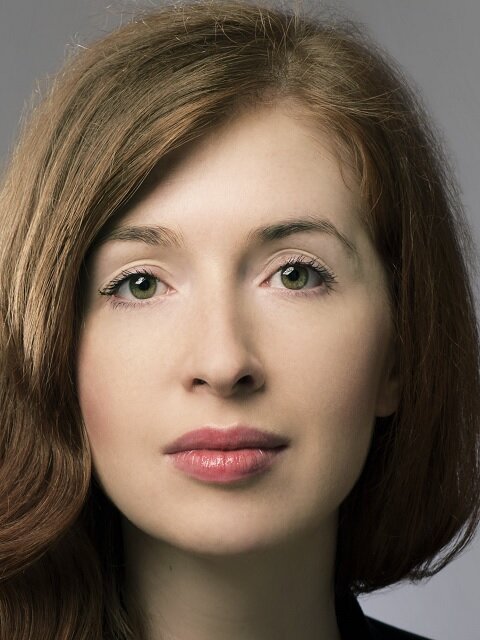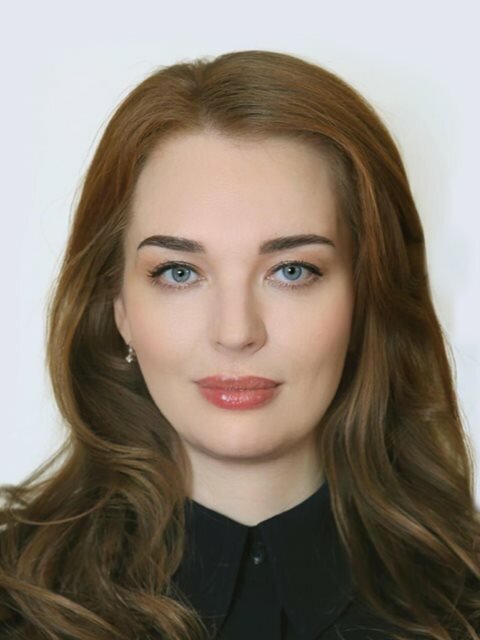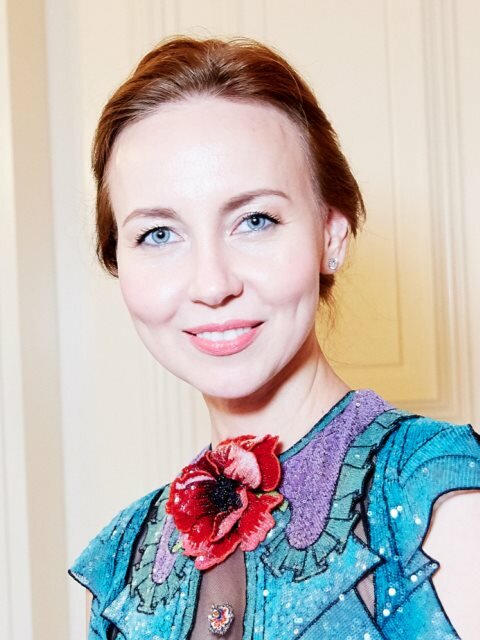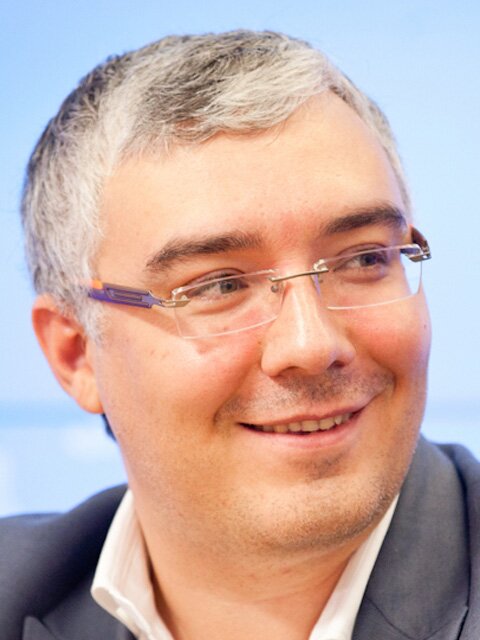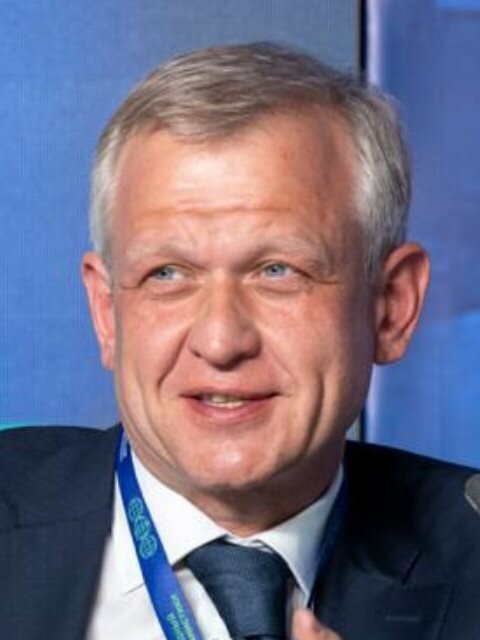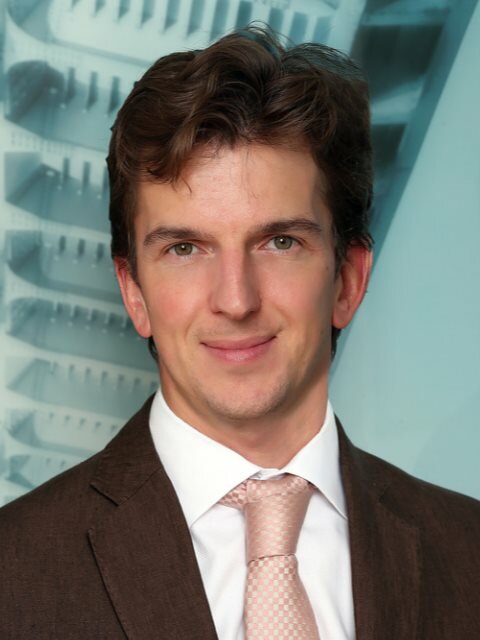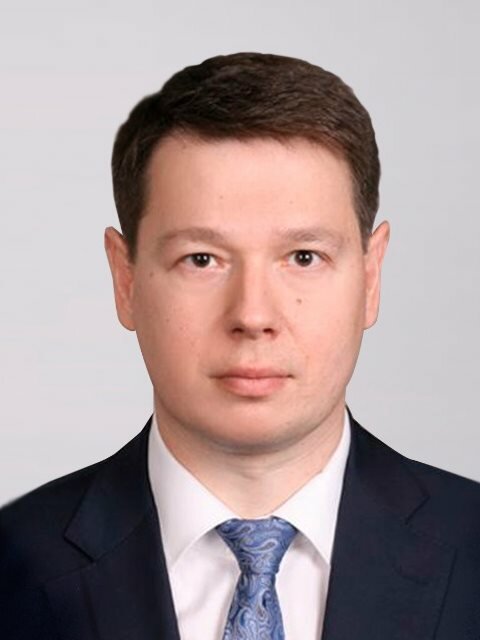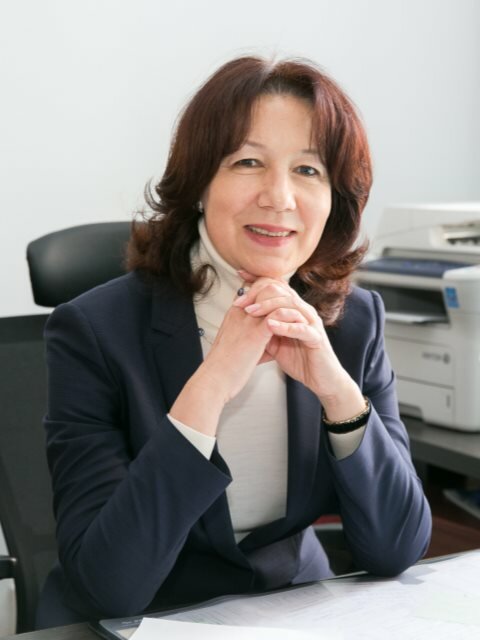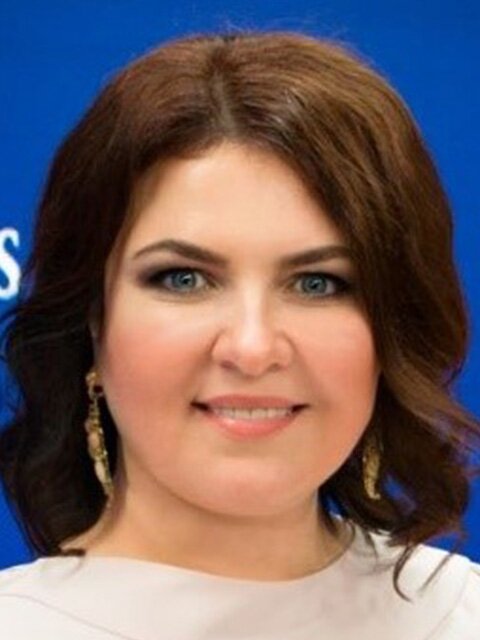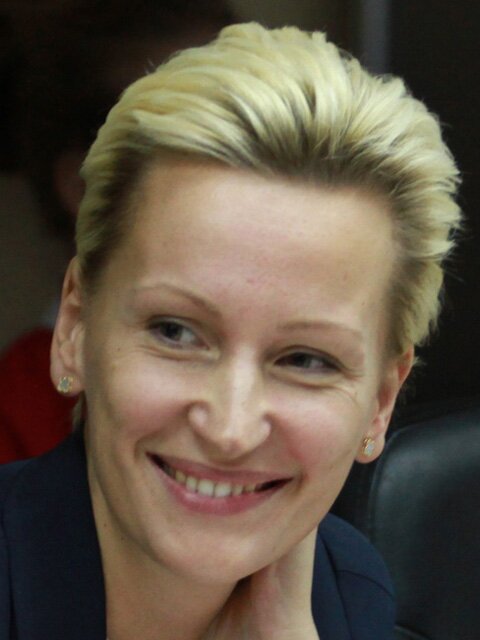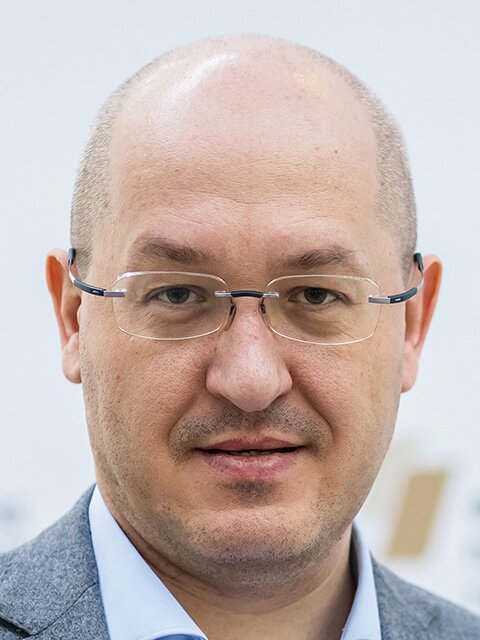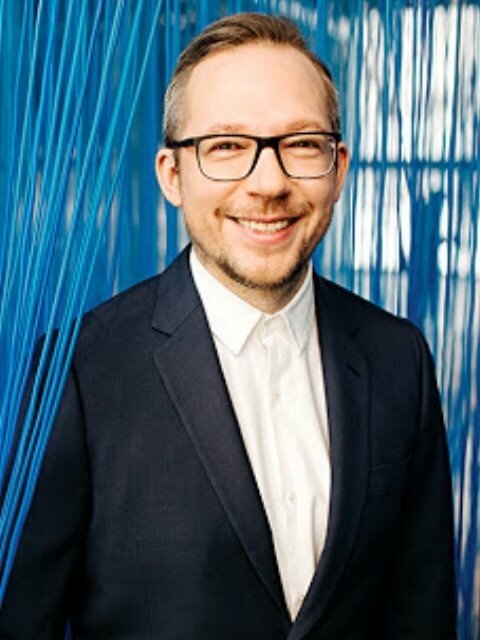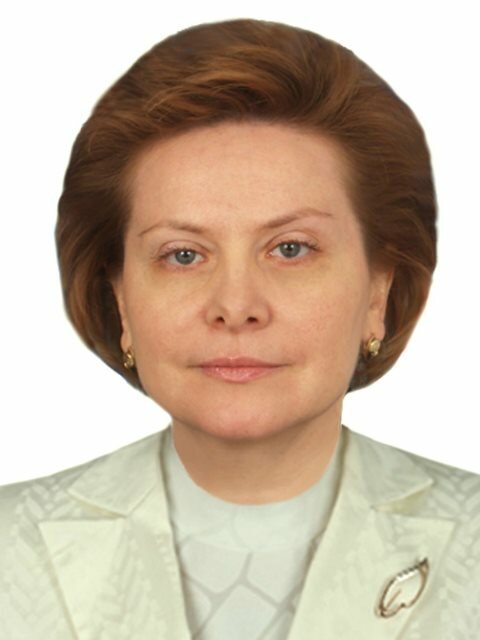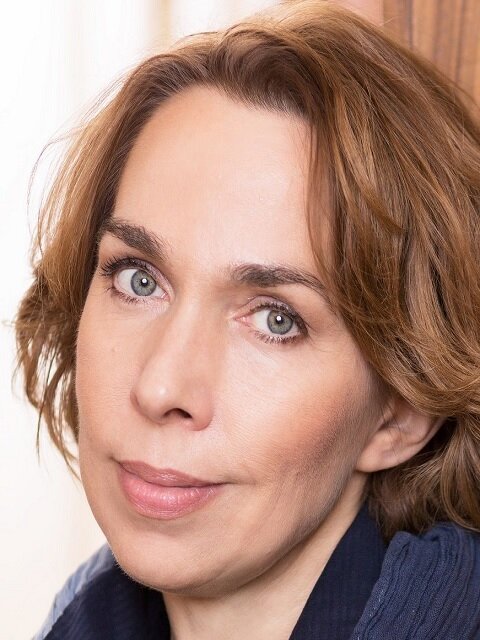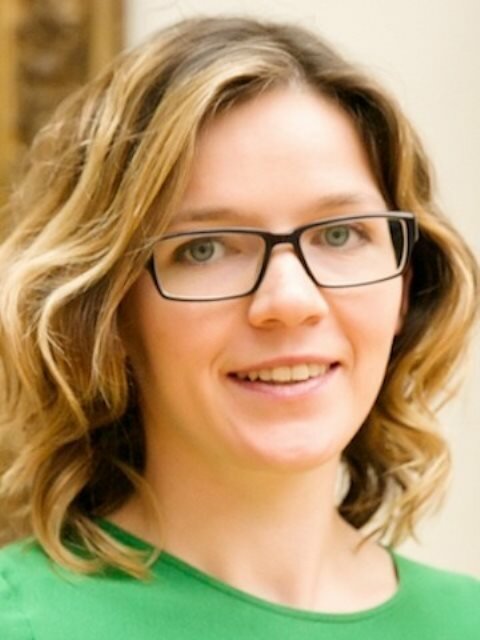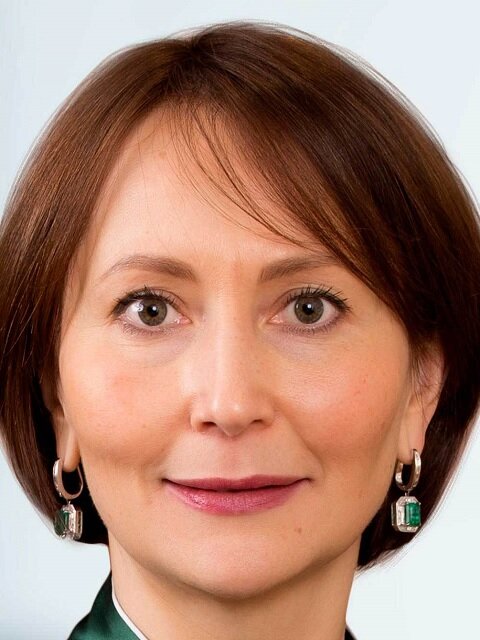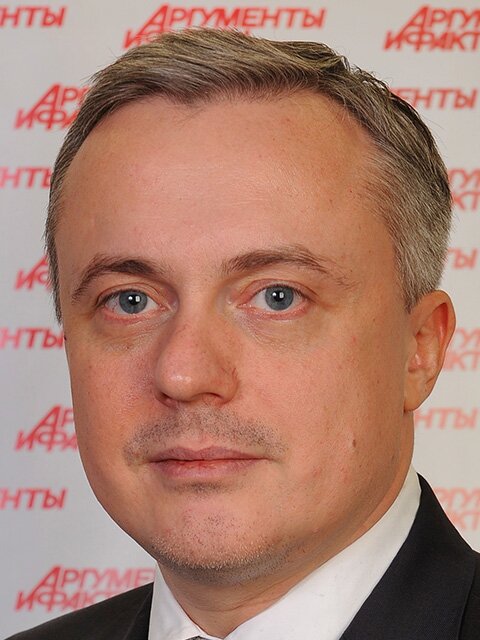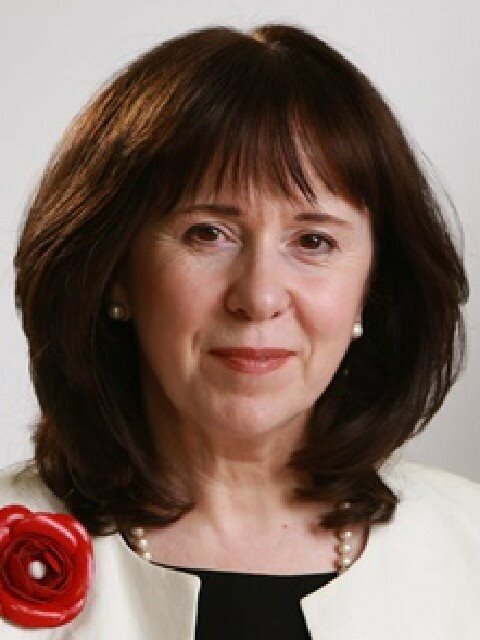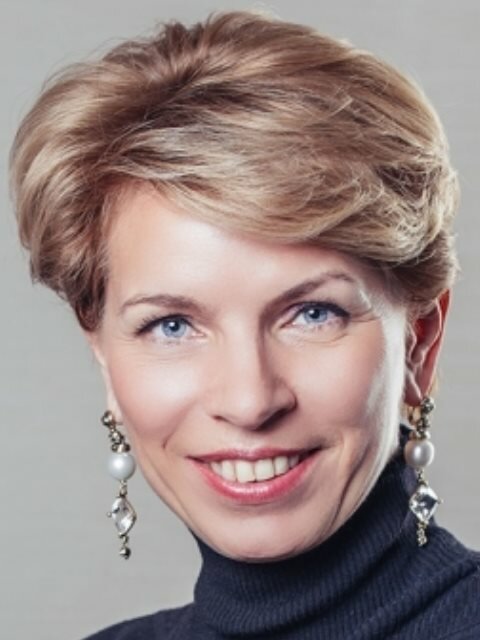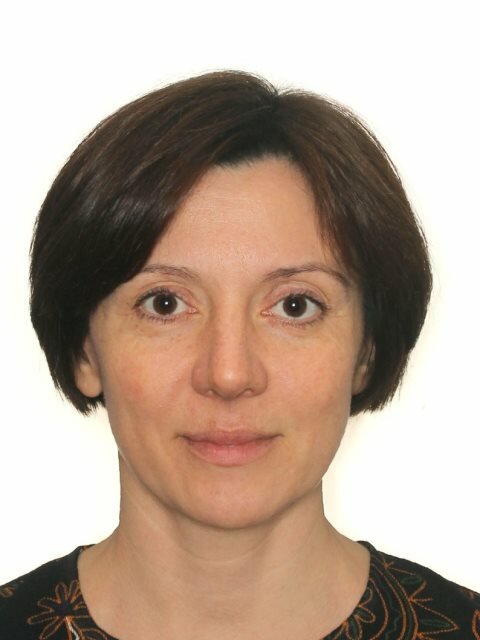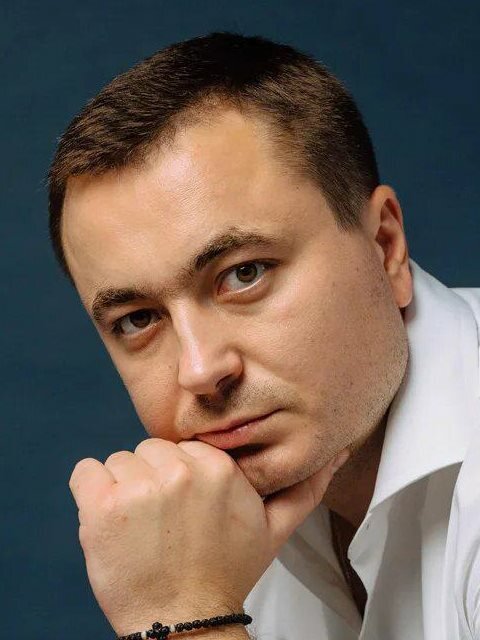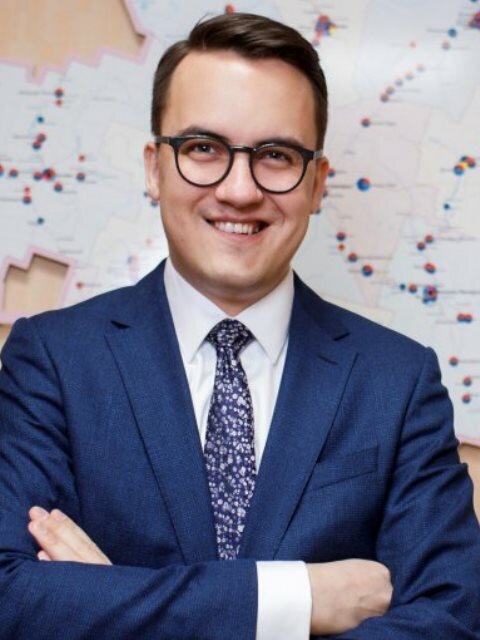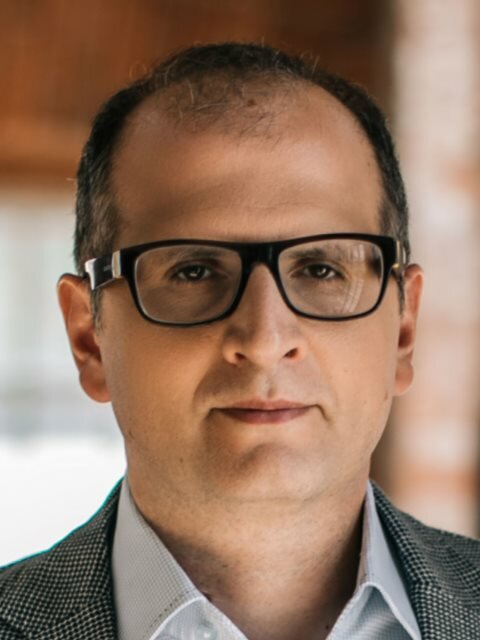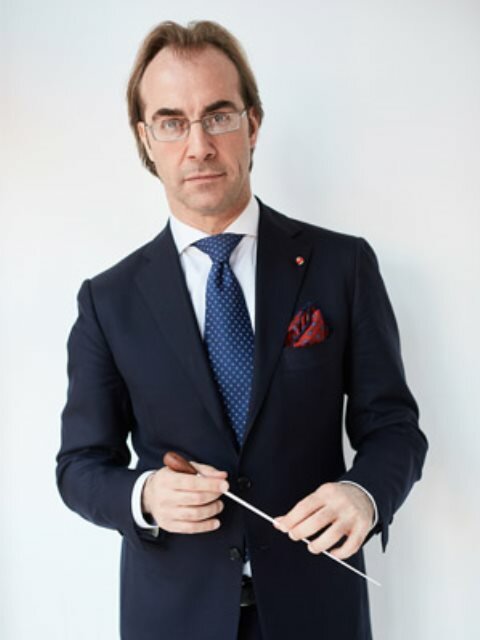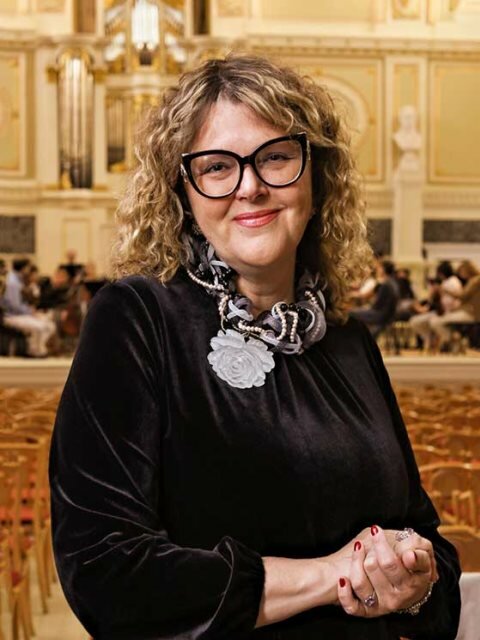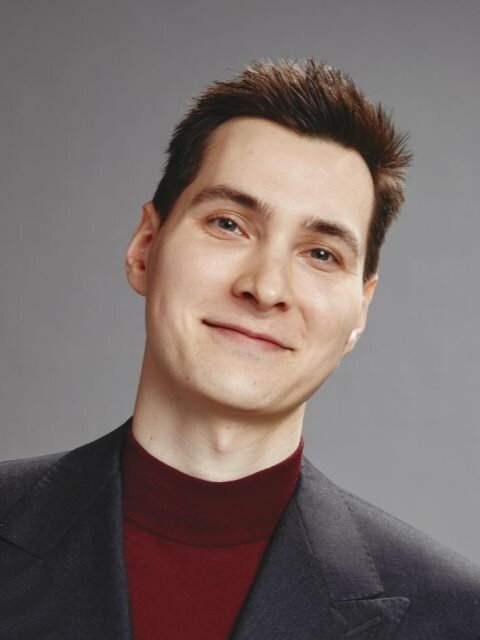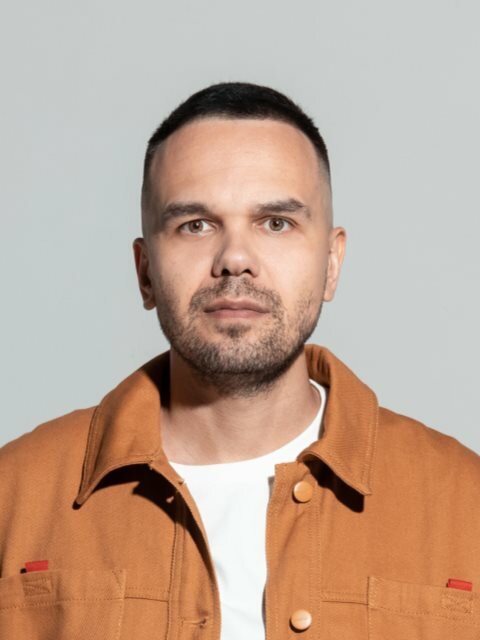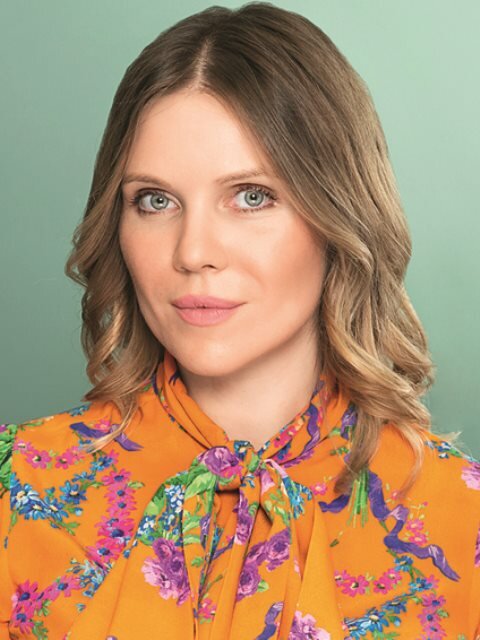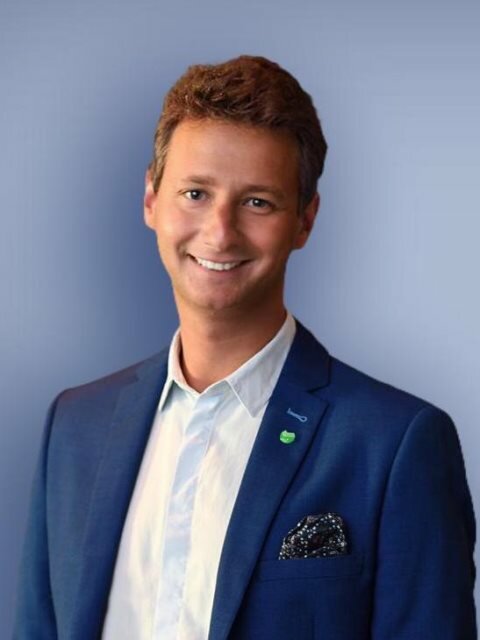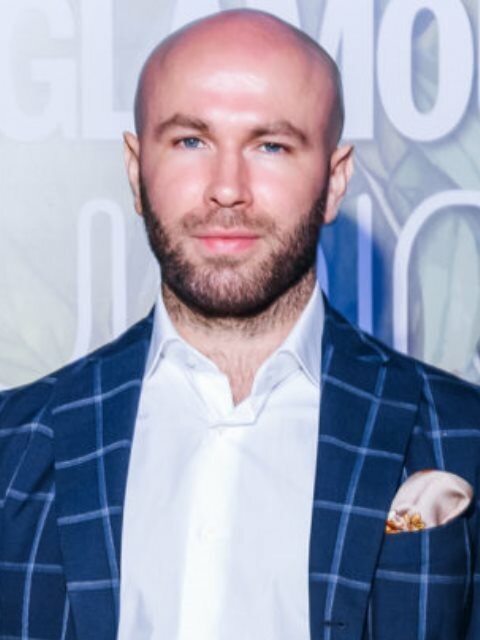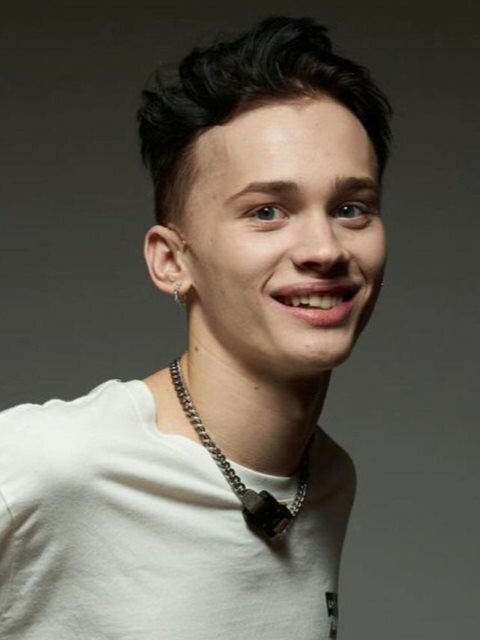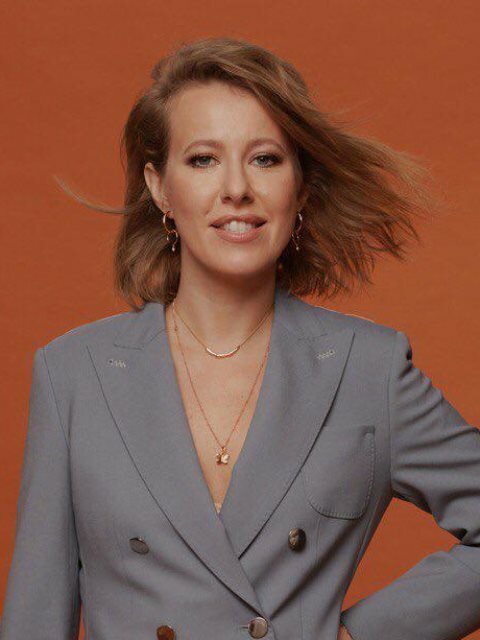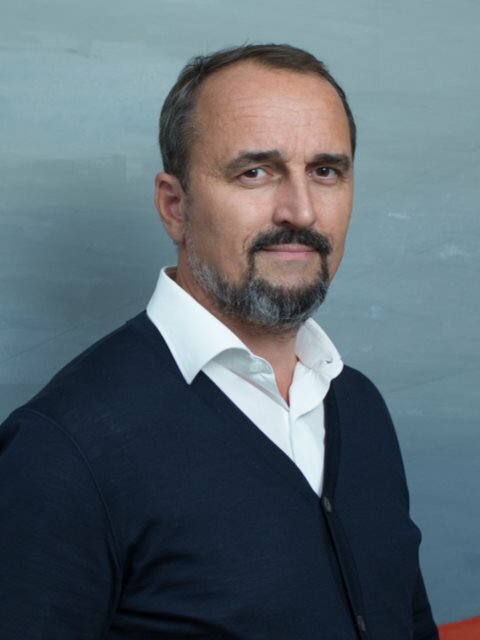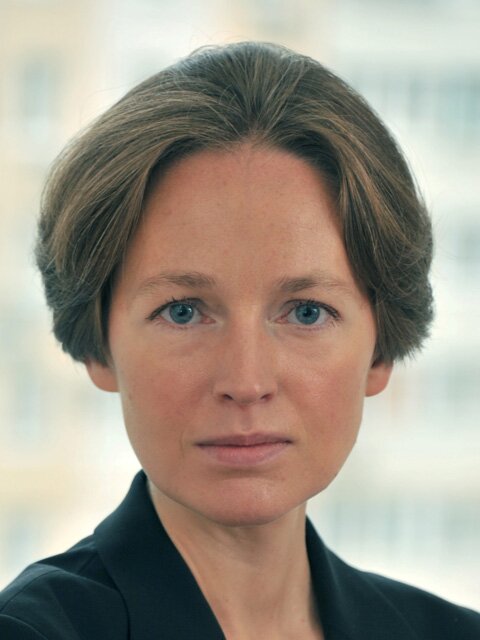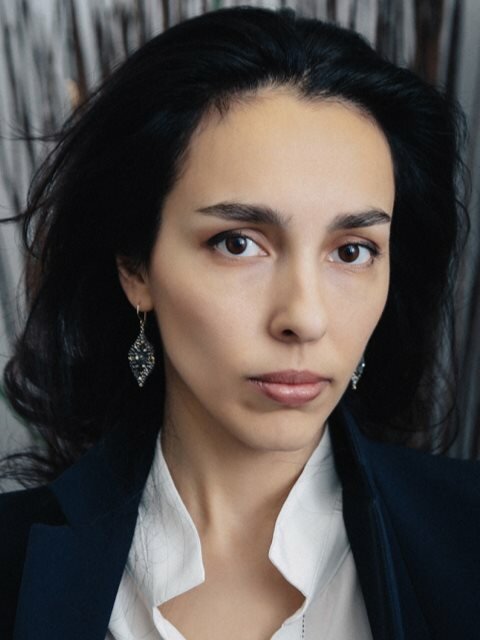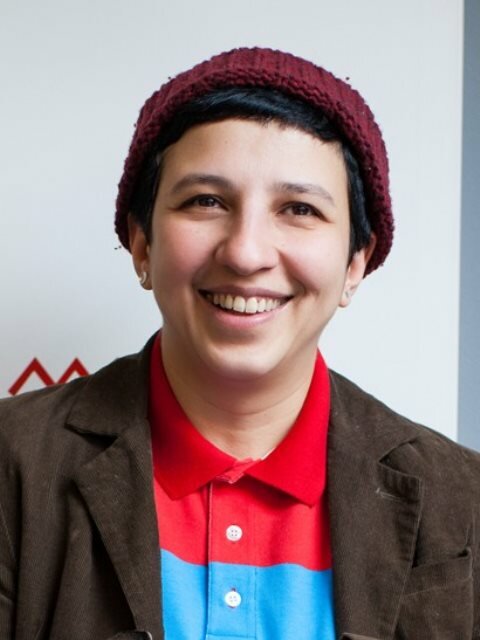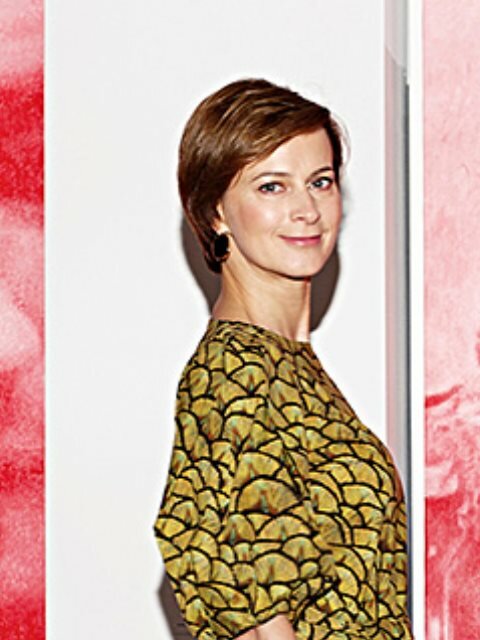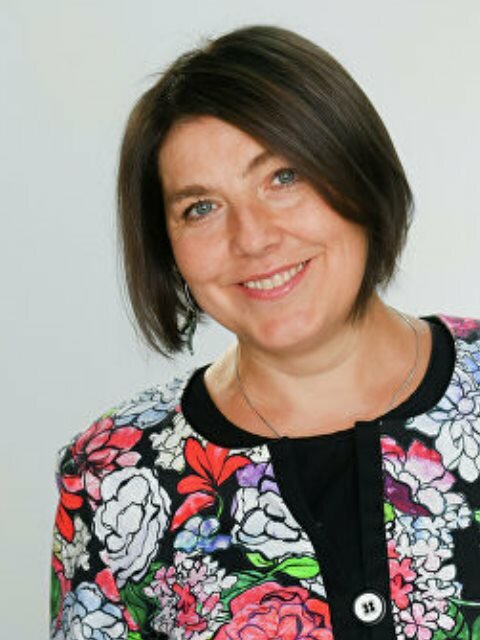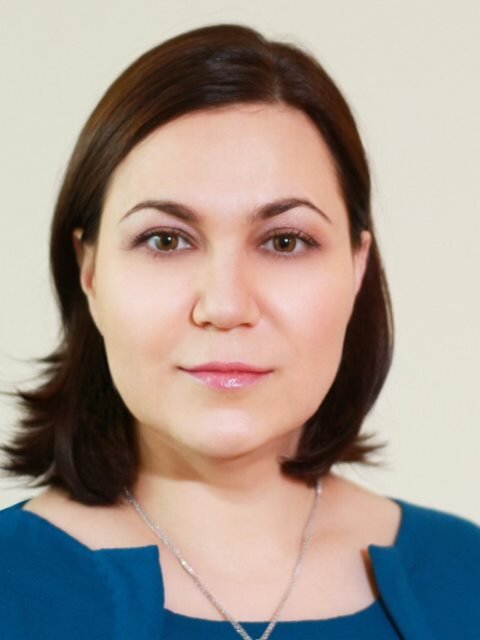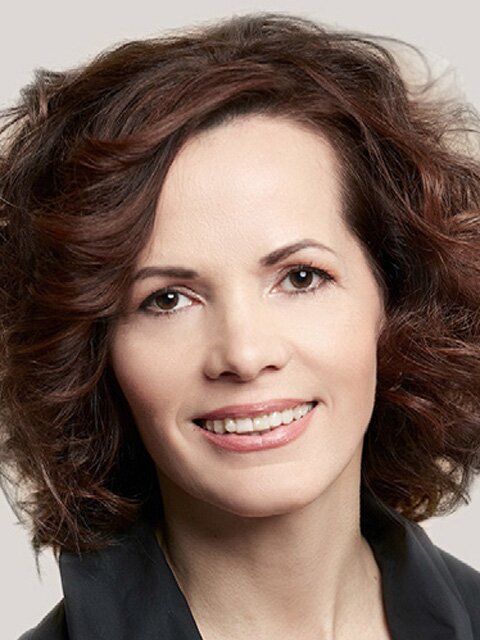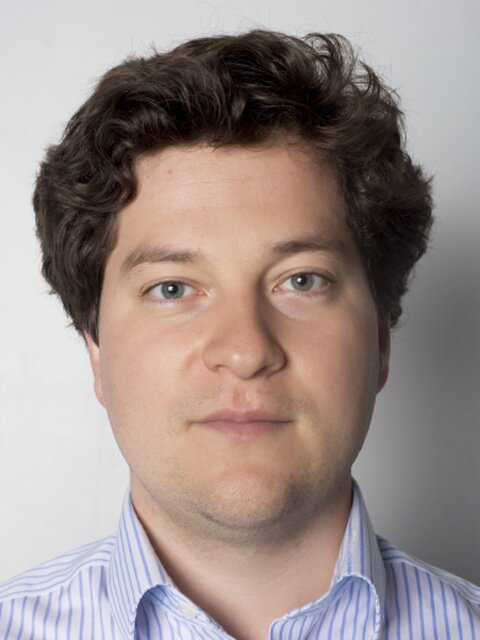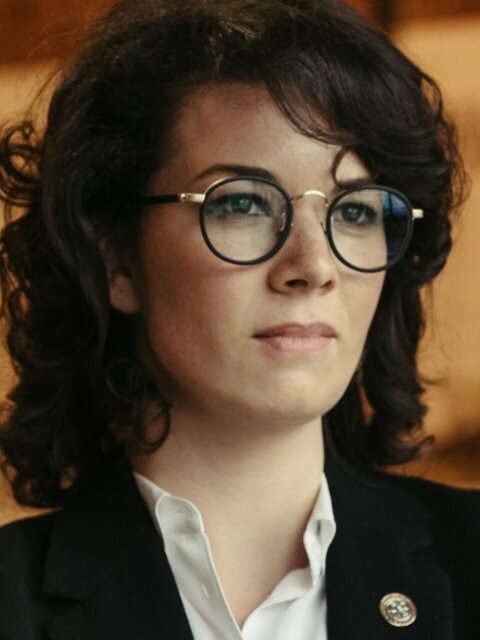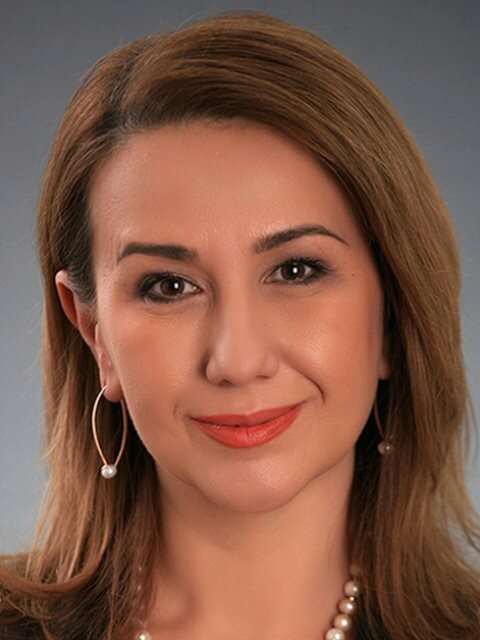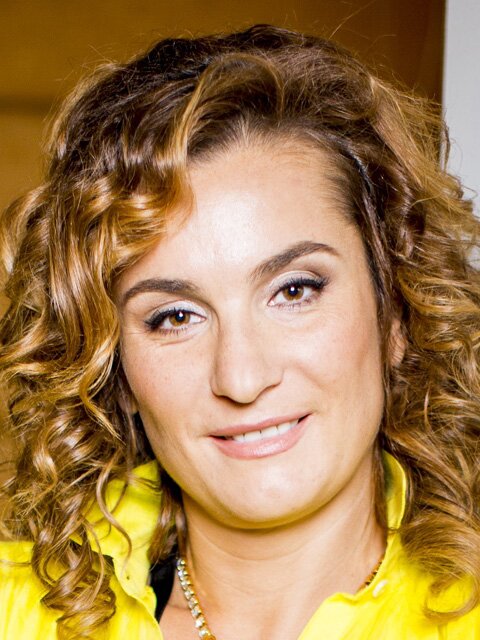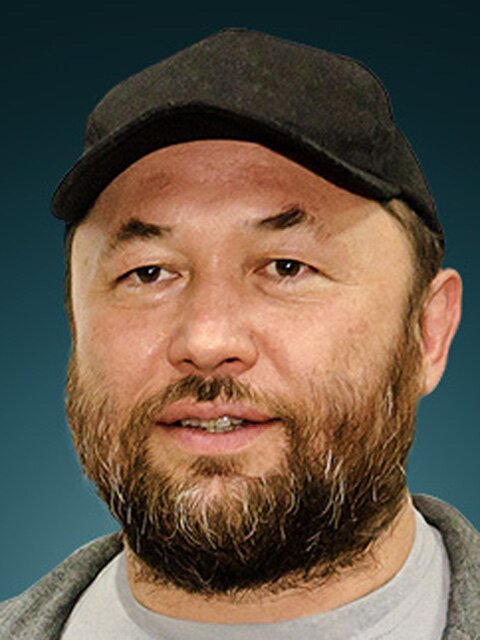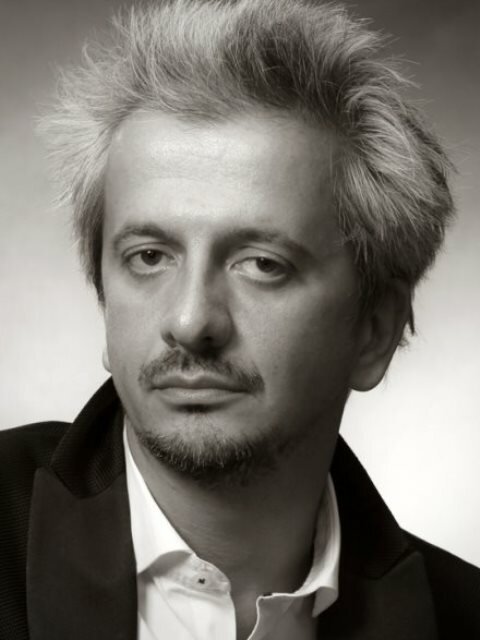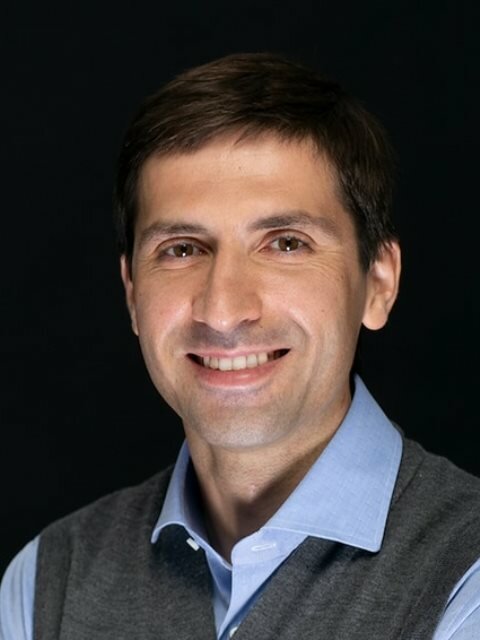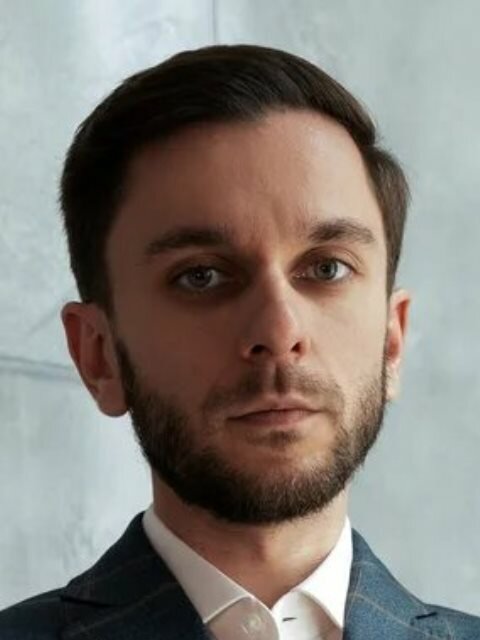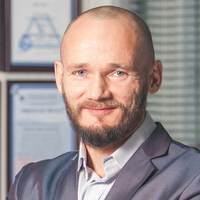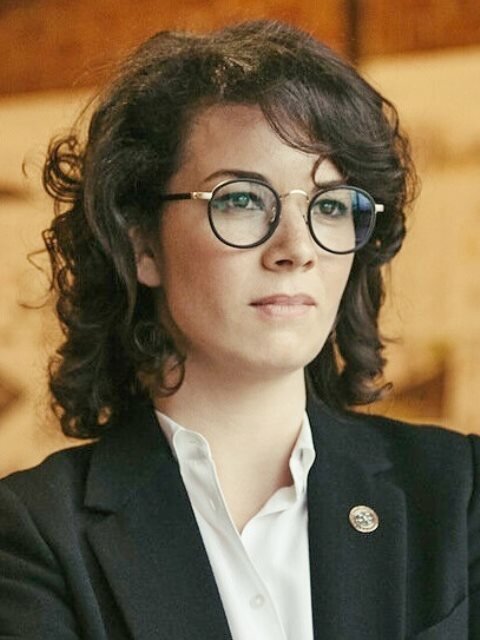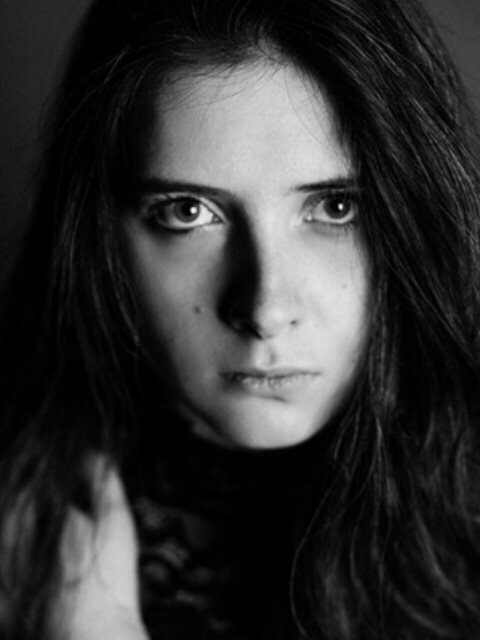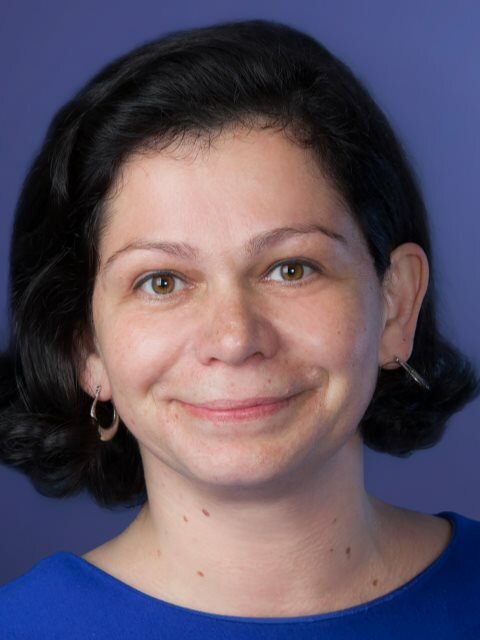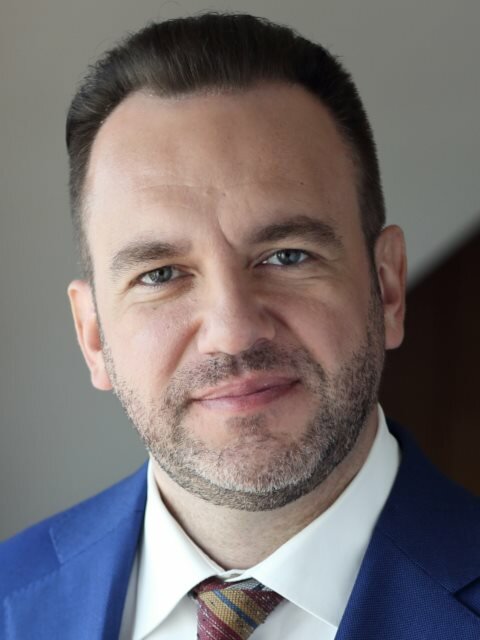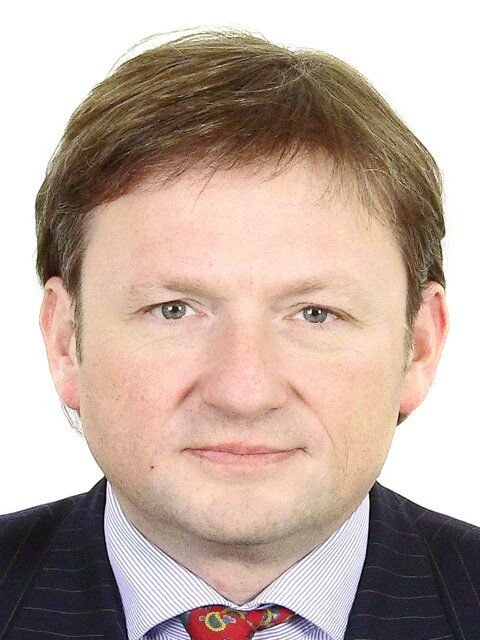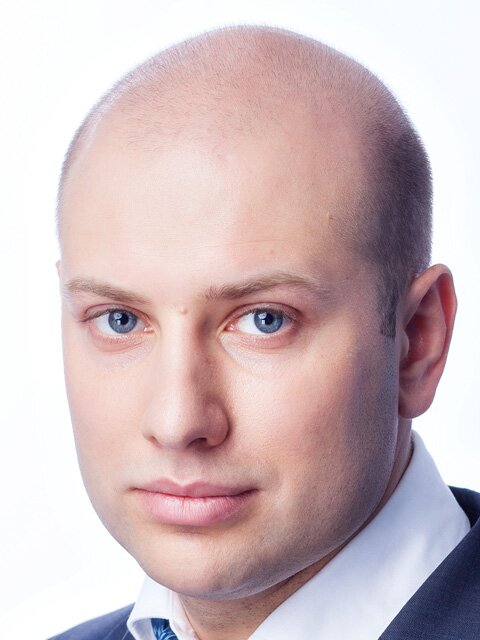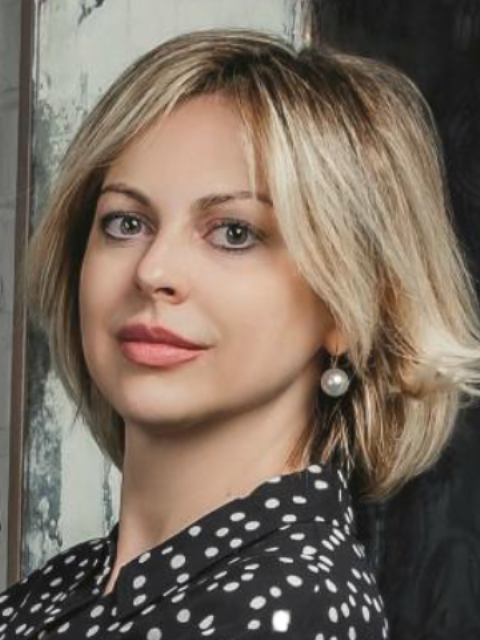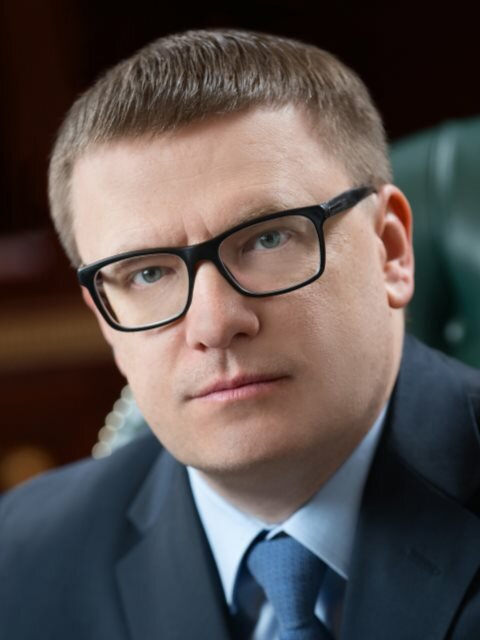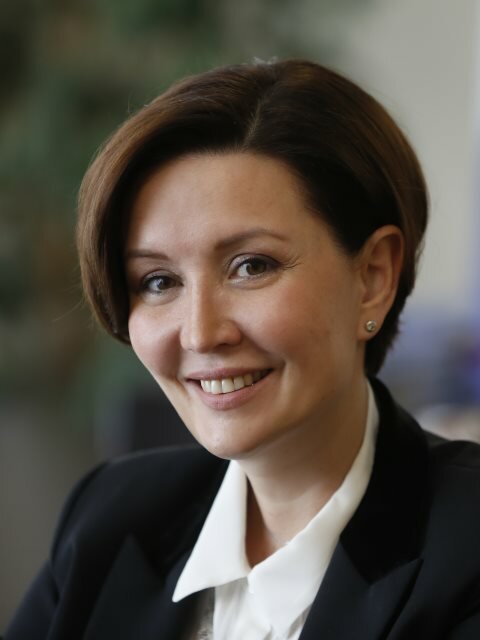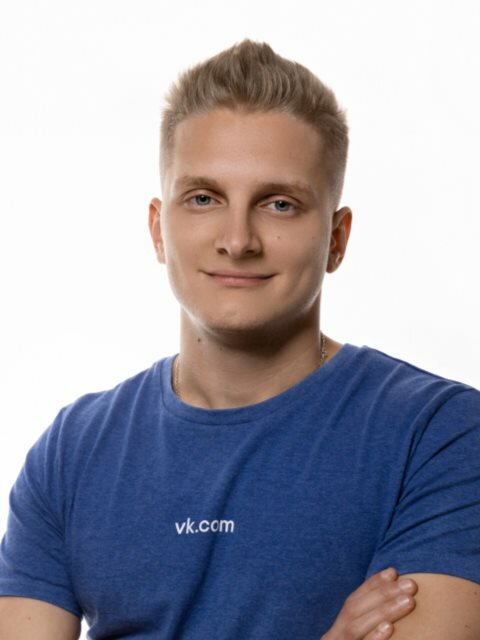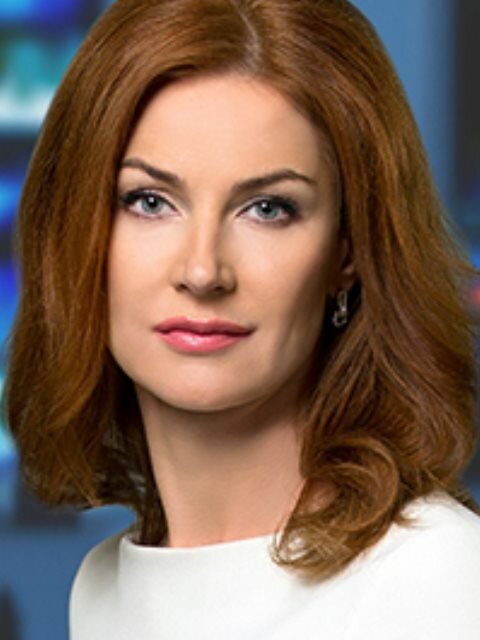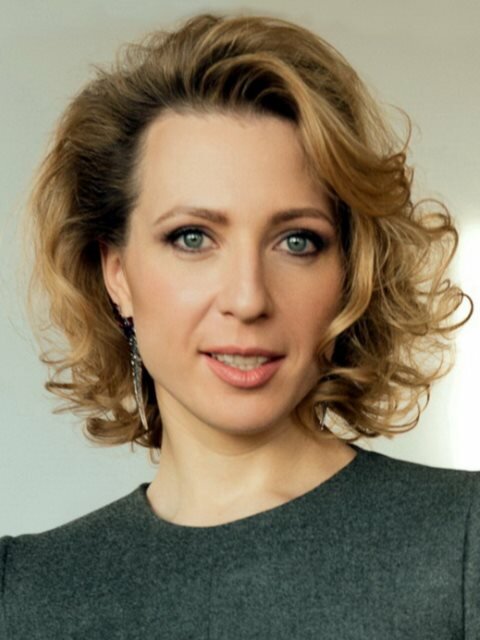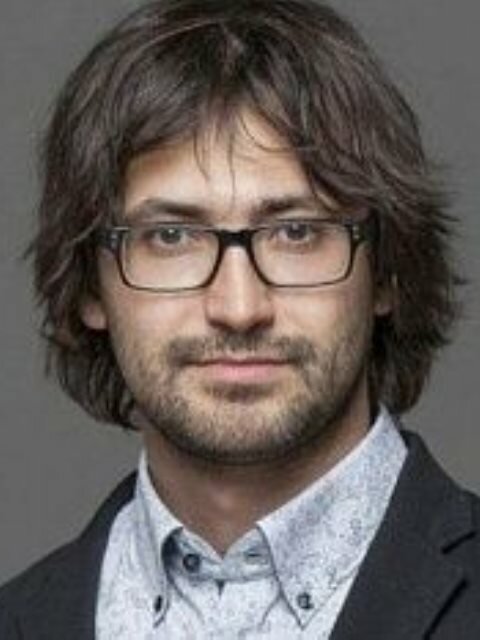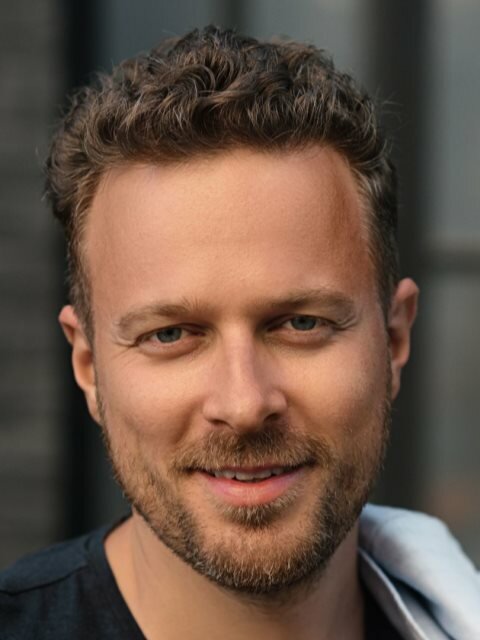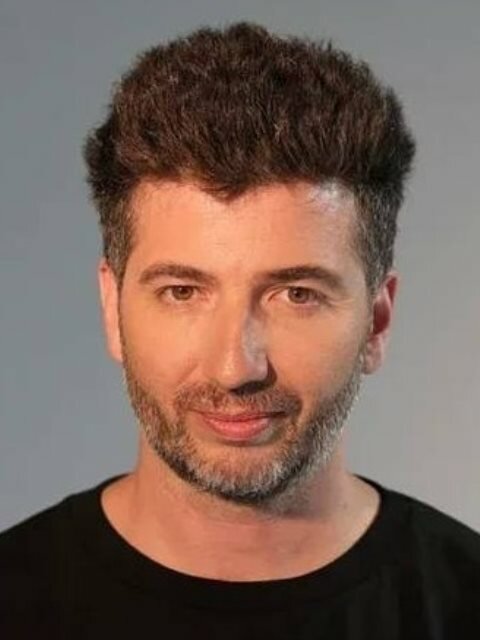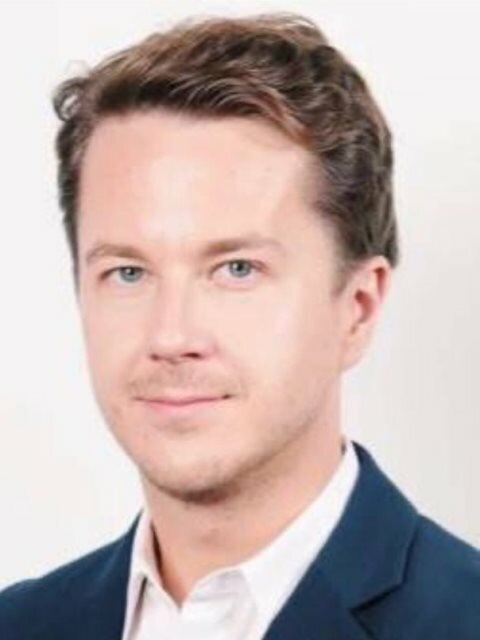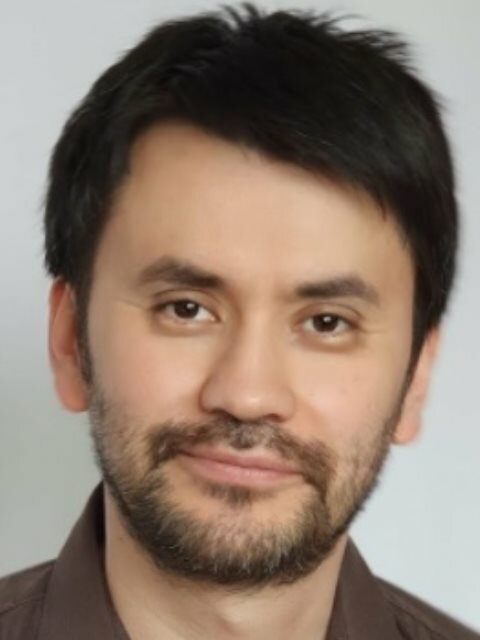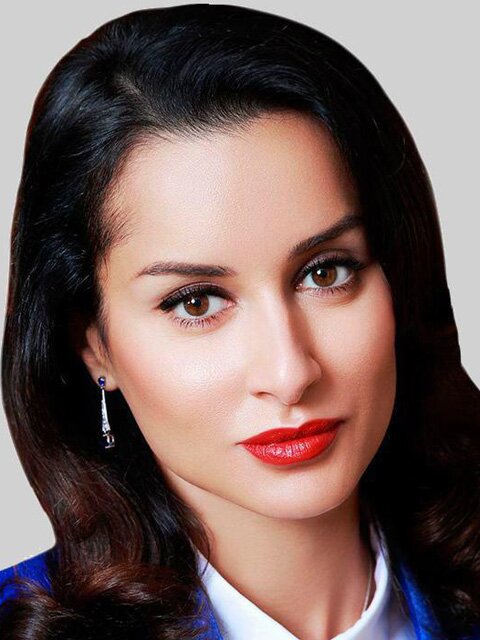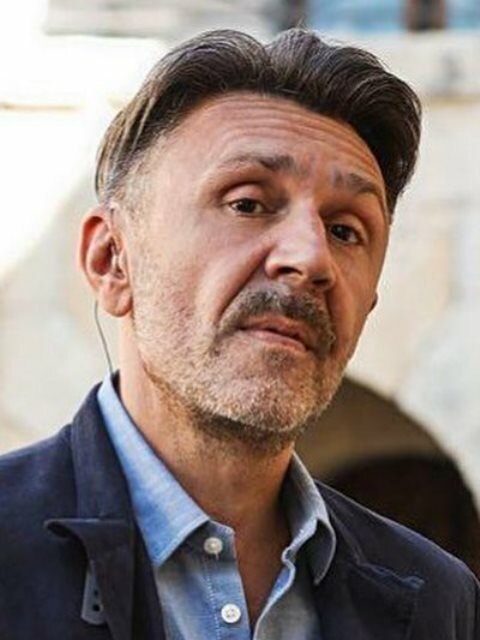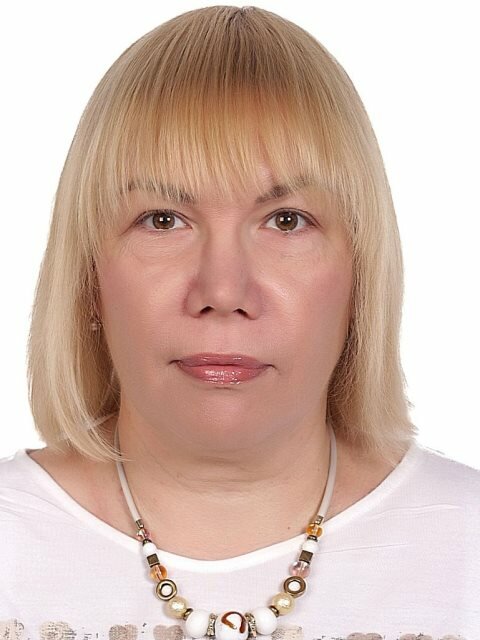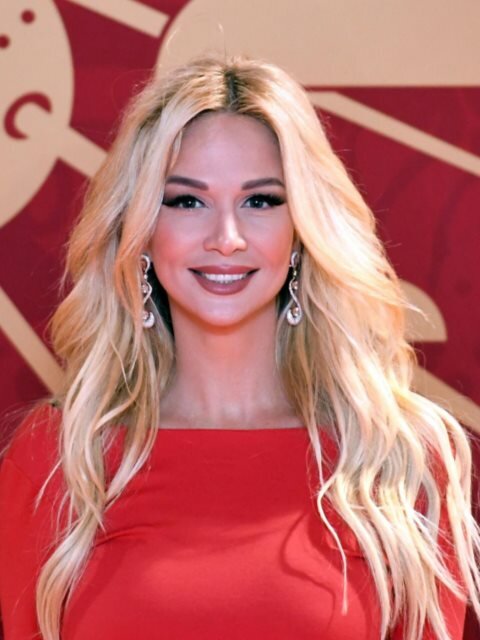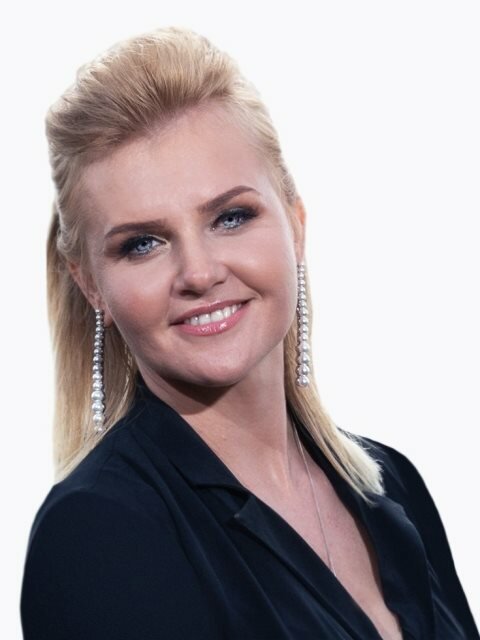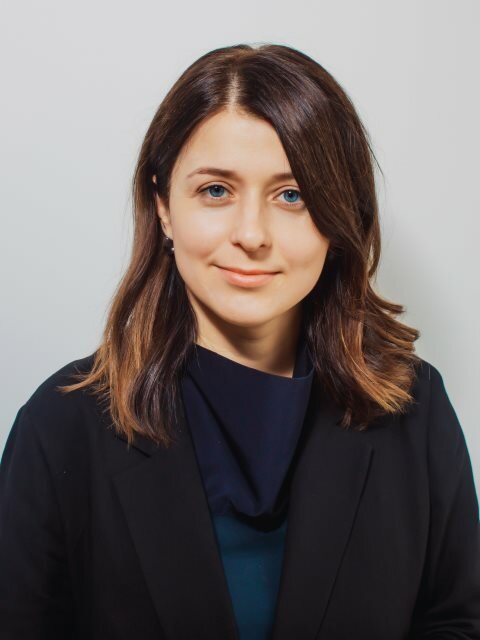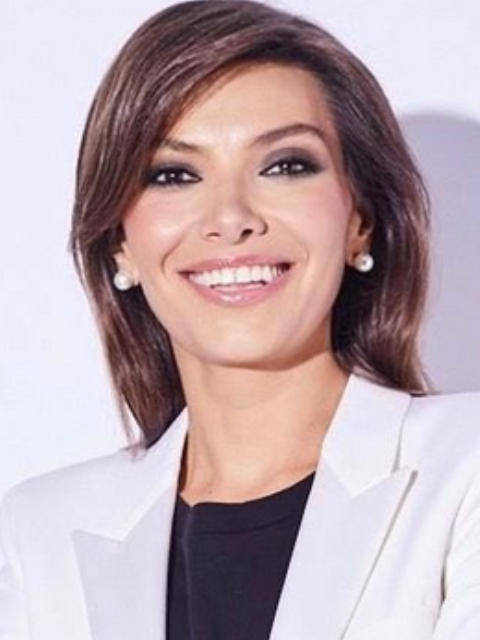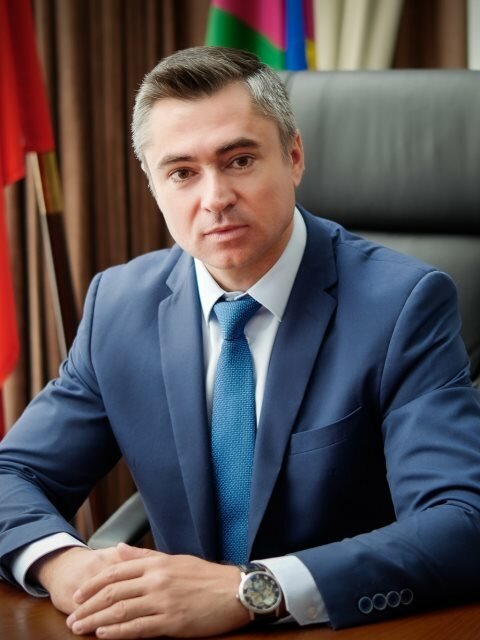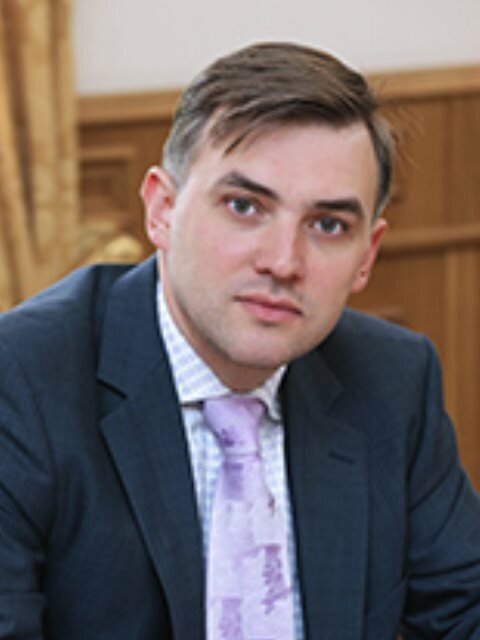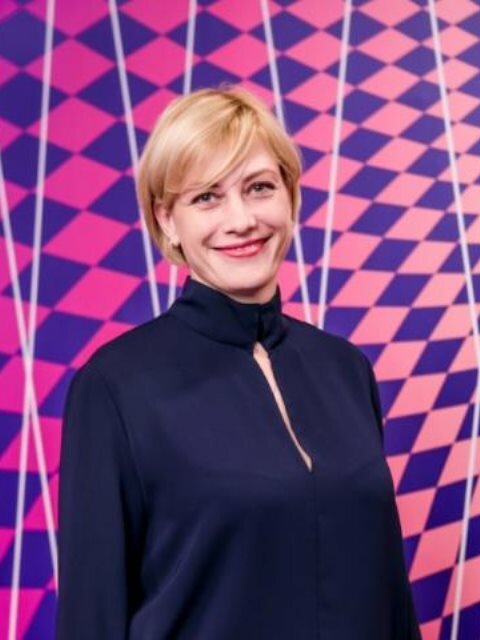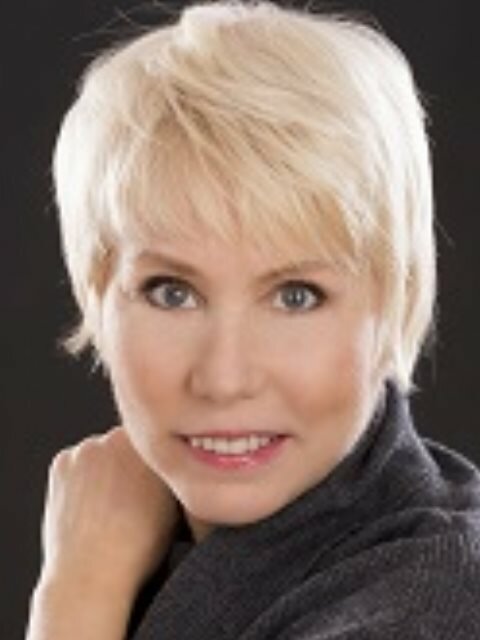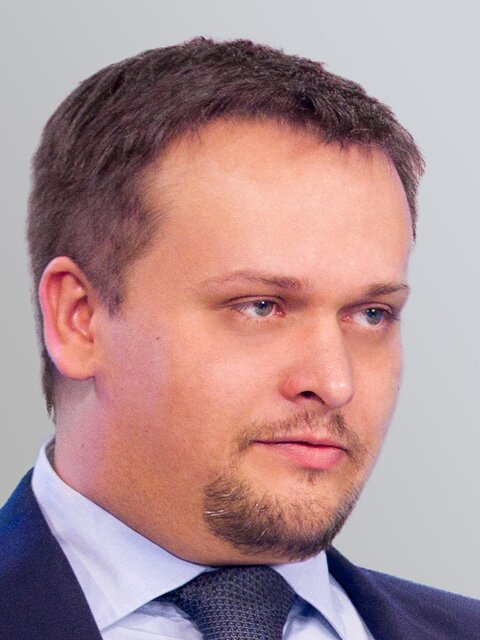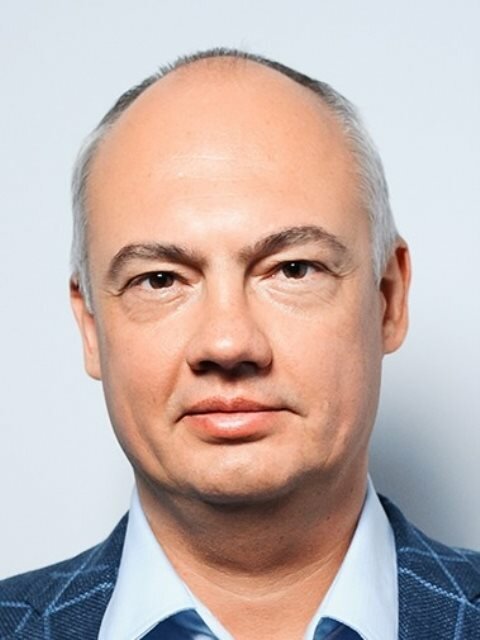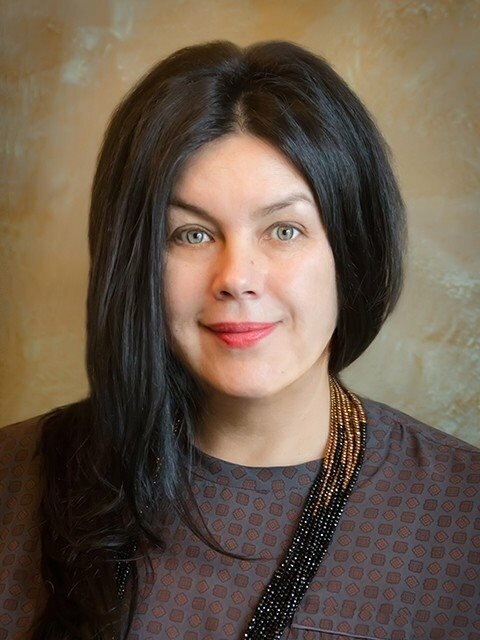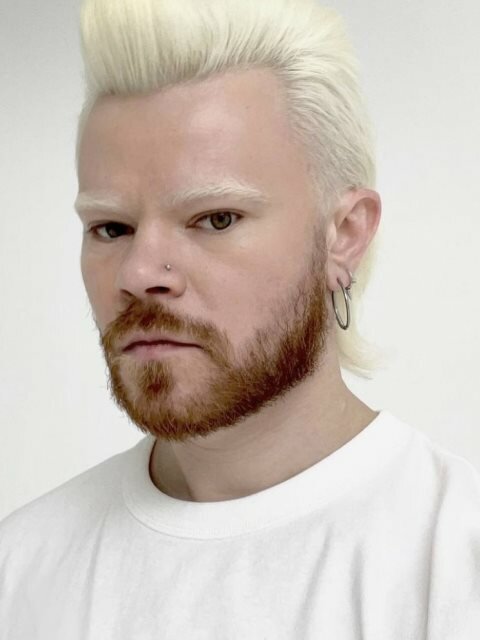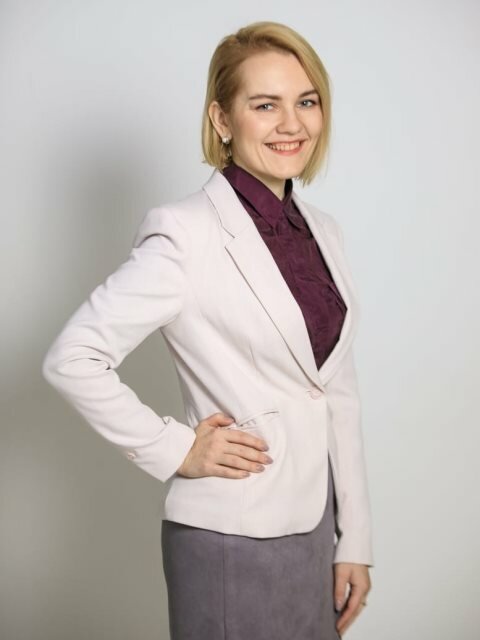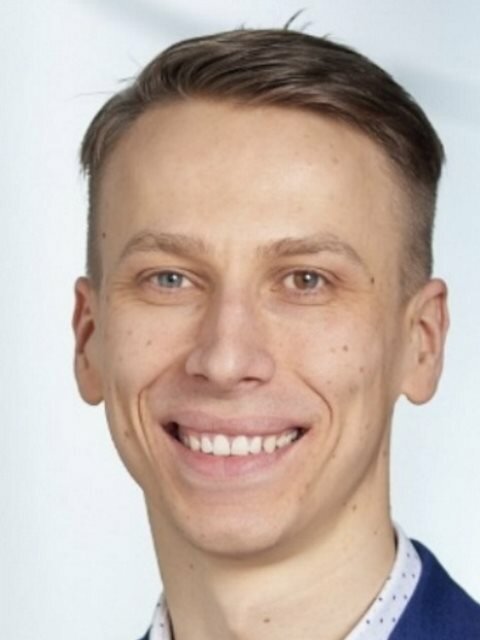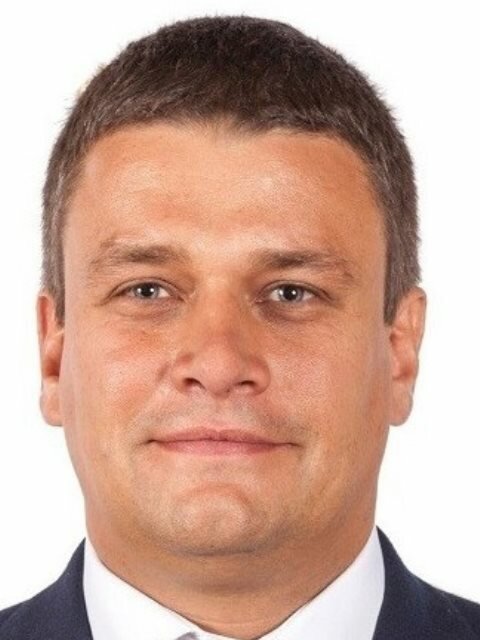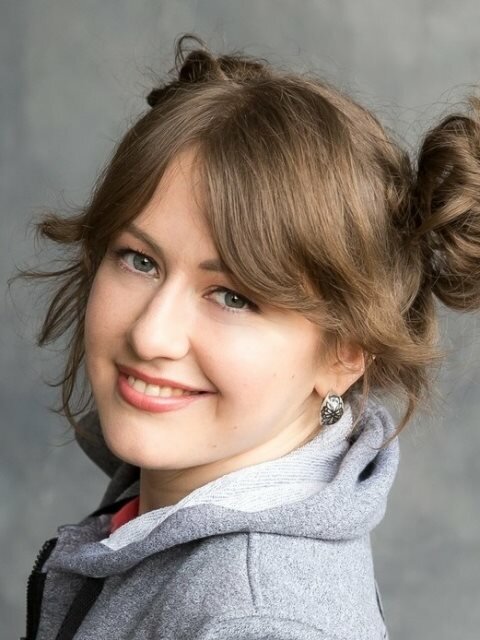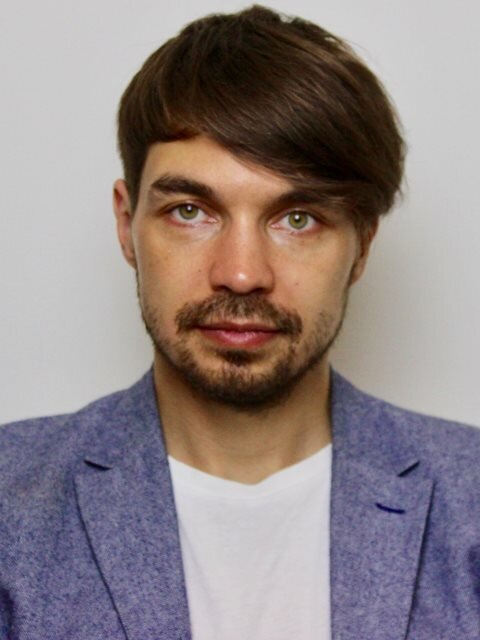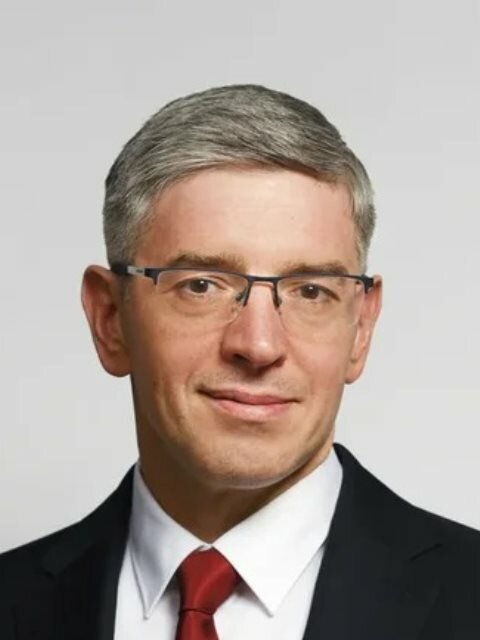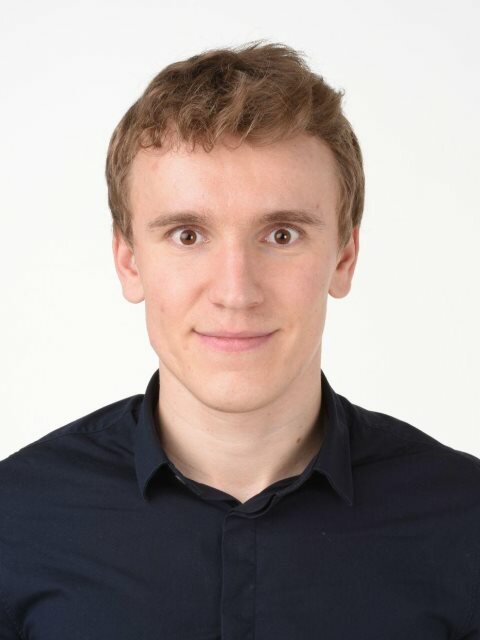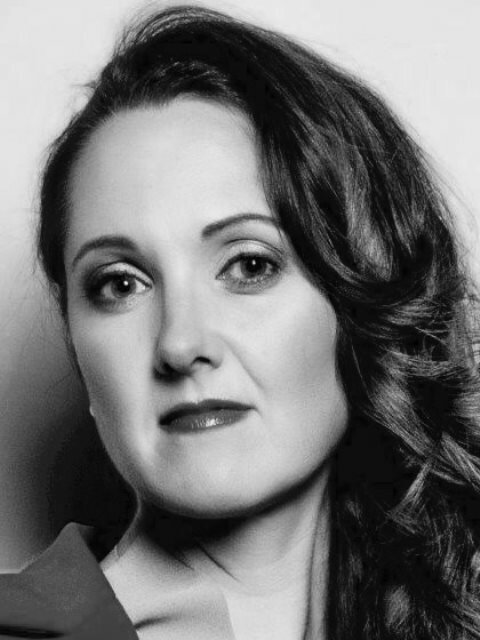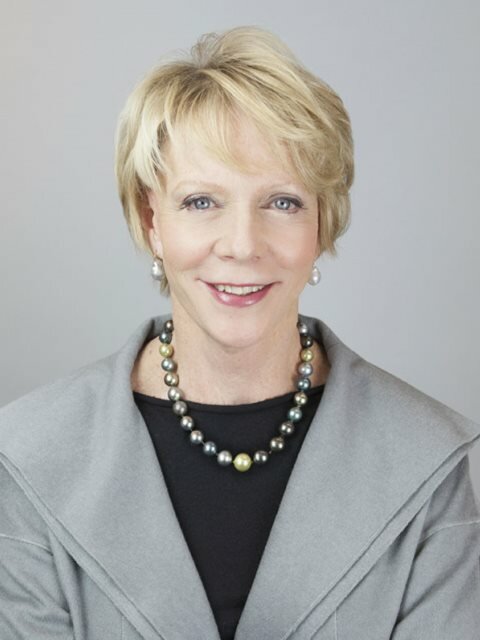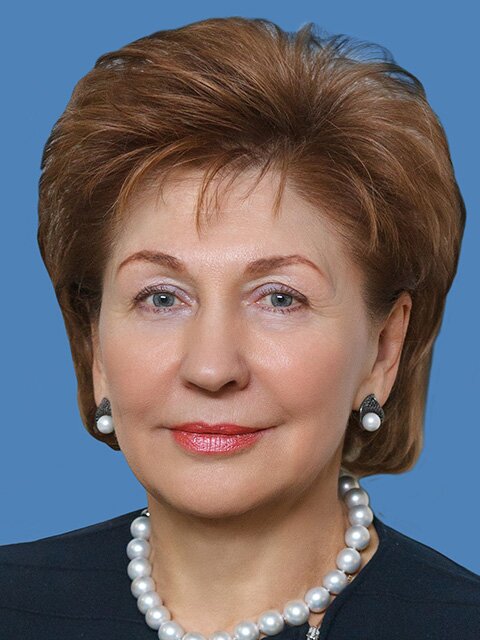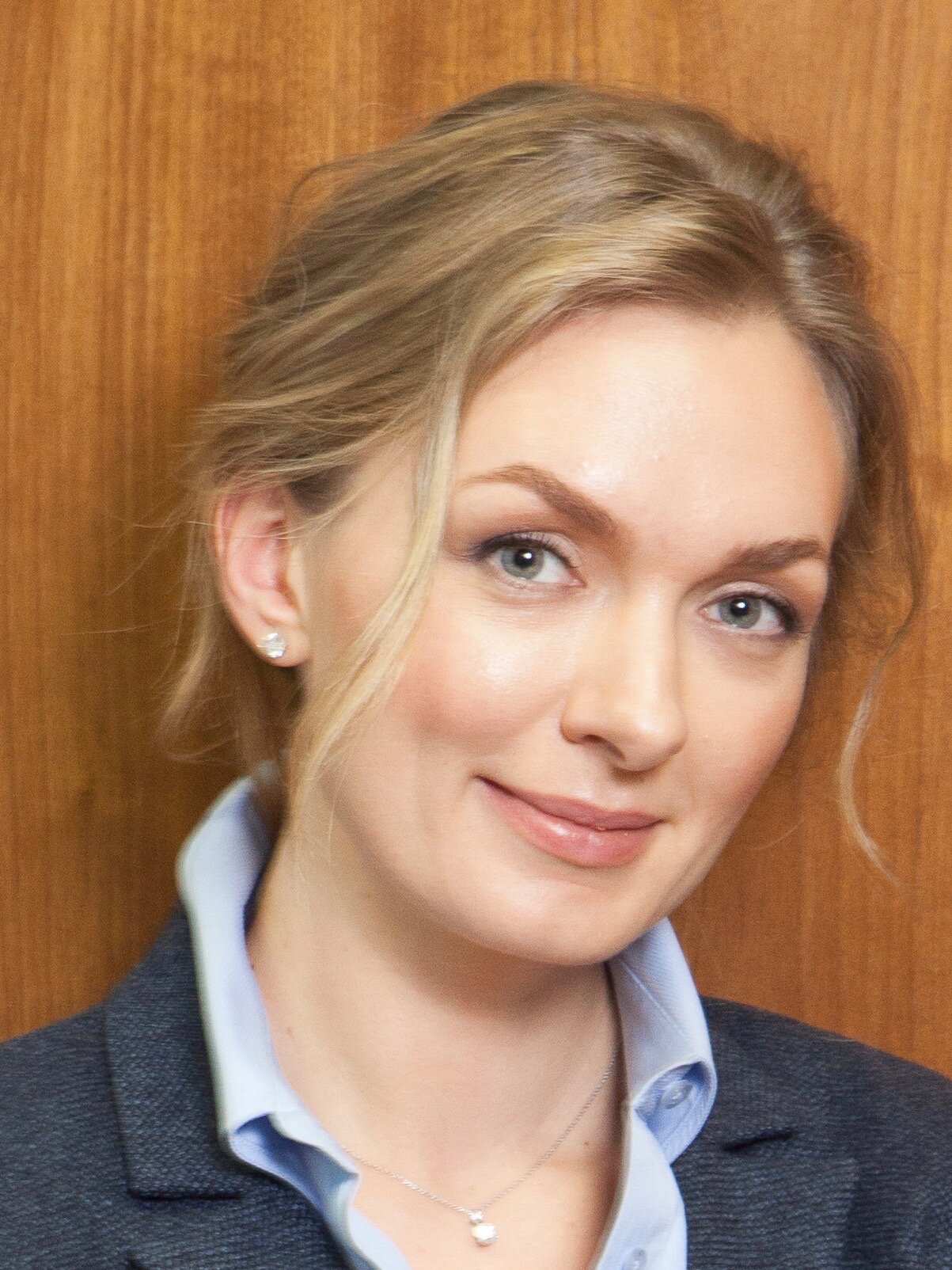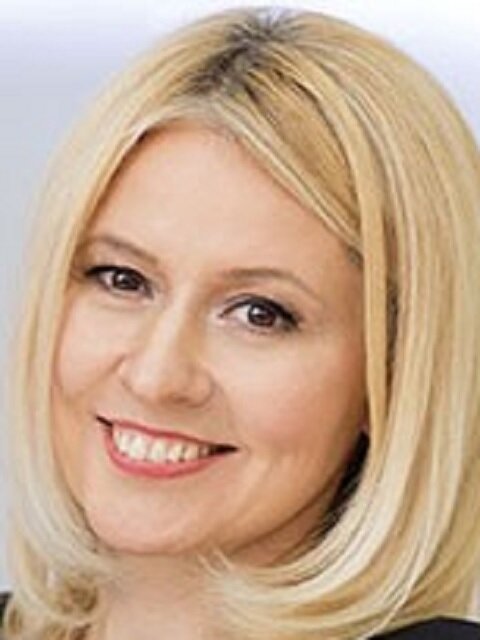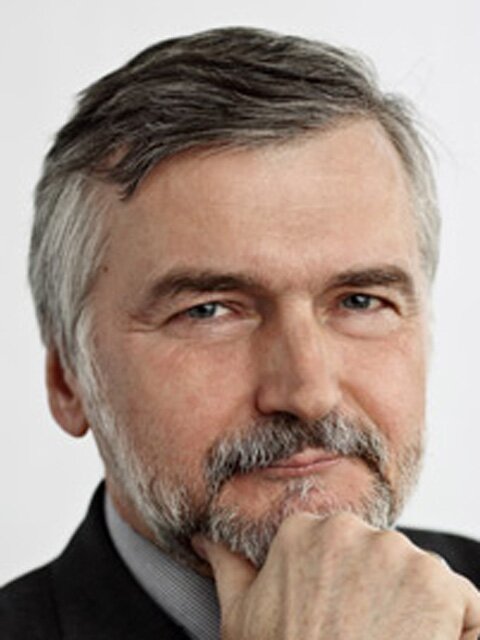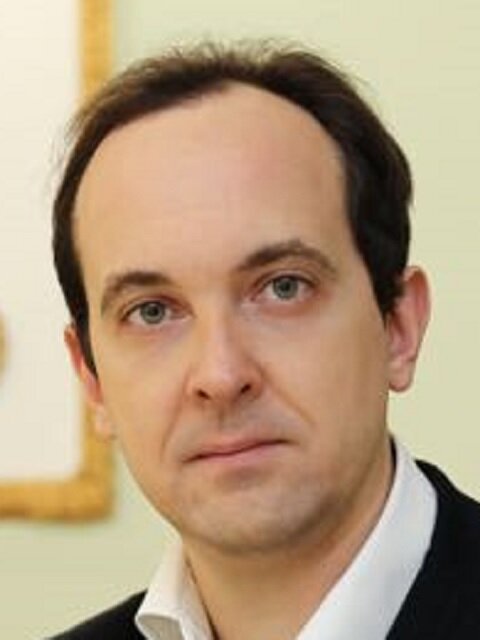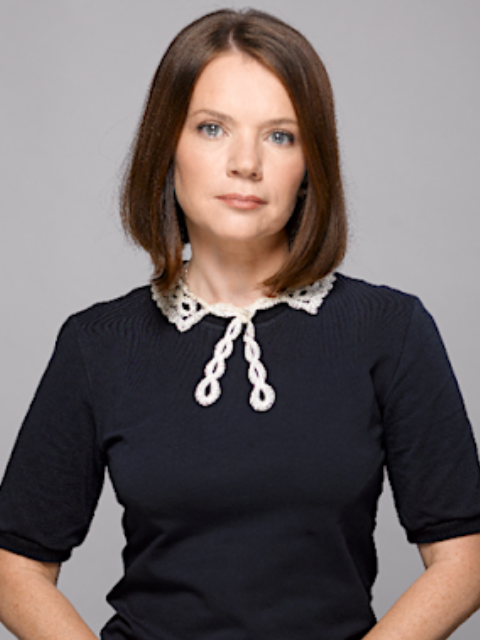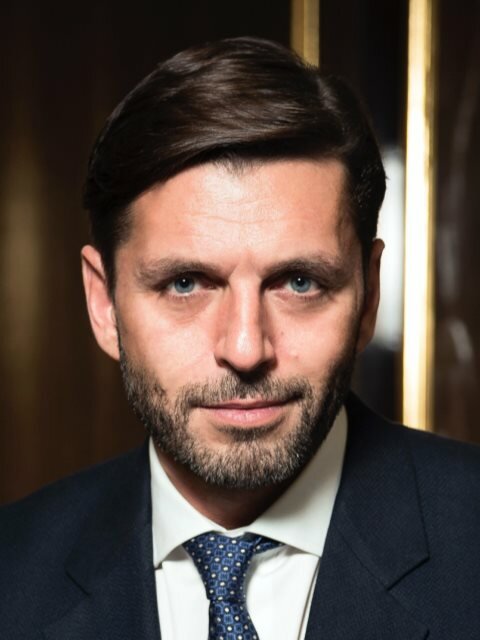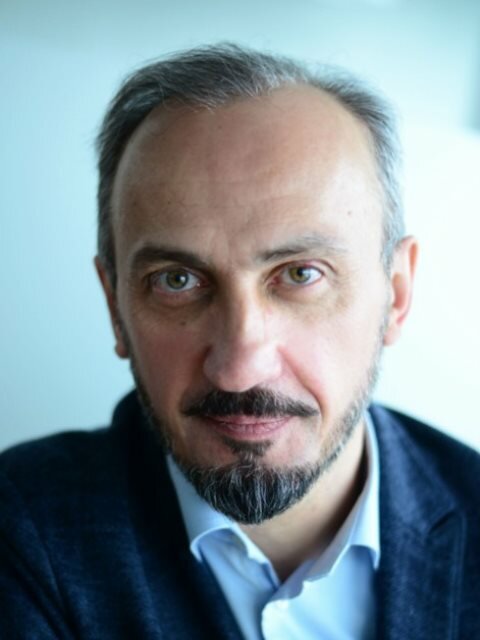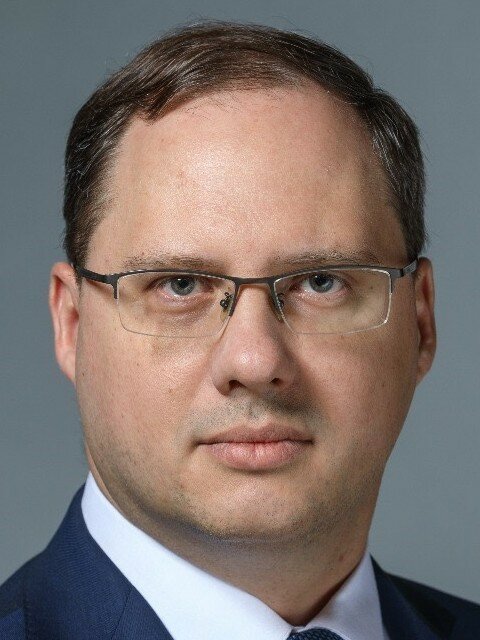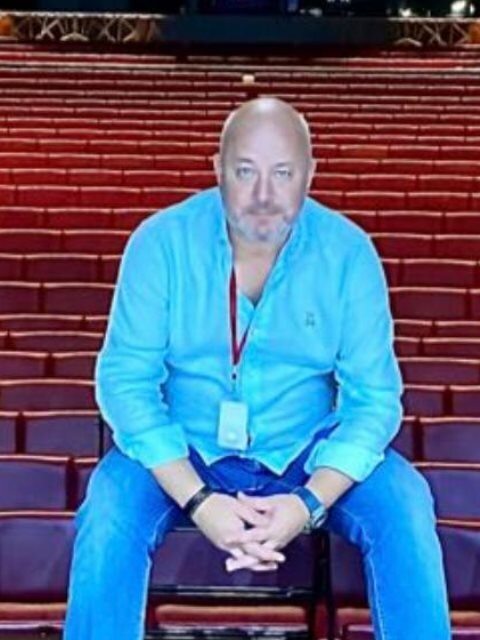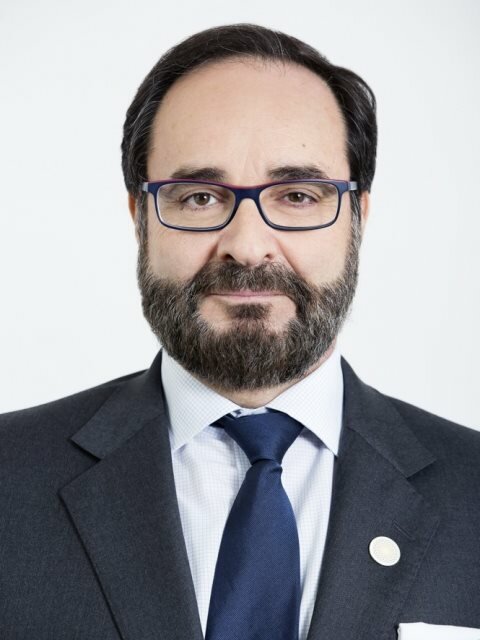Investing in HR: Partnership between Business and Education in Creative Industries
02 Jun 10:00–11:30
Pavilion G, conference hall G1
Creative Business Forum
Panel Session
In partnership with Universal University
Russia is on the verge of transitioning from a resource-based economy to an economy of ideas. This transition will be possible once the problem of HR shortages is solved. Instead of looking for talented graduates post factum, businesses can directly play an active role in the education of future specialists. In addition, to effectively adapt business to changes, employees need to acquire additional knowledge and skills to help companies grow. Cooperation between business and education is becoming a new trend and necessity of the 21st century. What can business get from cooperation with educational organizations? What barriers are hindering the integration of real cases and briefs from companies into training programmes? Educational standards vs. the labour market: how can we keep up with changes and provide relevant education? Supply and demand: what skills and expertise are in short supply today and what kind of graduates should universities be producing for the creative economy? Competition for talent: who dictates the conditions in creative industries – the employer or the staff? Social responsibility: how does investment in education affect a business’s reputation and why aren’t endowment funds a trend for Russia yet?
Moderator
Ekaterina Cherkes-zade , Head, Universal University
Panellists
Ekaterina Gordon , Lawyer, Founder, Gordon & Sons
Elena Druzhinina , Deputy Minister of Science and Higher Education of the Russian Federation
Yanina Novitskaya , Managing Director, Cartier Russia, Ukraine and the CIS
Dmitry Peskov , Special Representative of the President of the Russian Federation on Digital and Technological Development
James Hart , Director for Strategy and Business Development, TwoFour54
Creative Industries: Statistics, Exports, and Integration into the Global Economy
02 Jun 10:00–11:30
Pavilion G, conference hall G4
Creative Business Forum
Panel Session
In partnership with Ministry of Industry and Trade of the Russian Federation
The development of national creative industry programmes and projects is part of the wide-ranging global efforts that many international organizations are carrying out to develop the creative economy. Establishing priorities for creative industries, management standards, and statistical accounting is crucial for Russia, where there is still no clarity in federal and regional data on the creative economy sector. Discussing and coordinating positions in terms of approaches and statistics is an important step not only towards drafting regulatory documents, but also developing exports and integrating domestic creative goods into world markets. What estimates exist on the size of the creative industry today? How can creative industries statistics be recognized and kept in line with international standards? What systemic initiatives in the regions can become drivers for the development of creative production and entrepreneurship?
Moderator
Sergey Kapkov , Head of the Centre for Culture Economy, Urban Development and Creative Industries Research, Faculty of Economics, Lomonosov Moscow State University
Panellists
Nikita Gusakov , Chief Executive Officer, EXIAR; Senior Vice President, Russian Export Center
Elena Zelentsova , Head of the Department of Territorial Development, Russian Presidential Academy of National Economy and Public Administration (RANEPA)
Vladimir Ilichev , Deputy Minister of Economic Development of the Russian Federation
Lilia Ovcharova , Vice Rector of the National Research University Higher School of Economics
Veronika Peshkova , Goodwill Ambassador, United Nations Industrial Development Organization (UNIDO)
Front row participant
Anna Nesterova , Founder, Chairman of the Board of Directors, Global Rus Trade
The Role of Creative Projects in Developing Creative Cities
02 Jun 10:00–11:30
Pavilion G, Passage Hall
Creative Business Forum
Panel Session
In partnership with the Presidential Grants Fund
Creative industries are closely linked to the concept of the ‘creative city’ proposed by Charles Landry. A creative city is not necessarily a metropolis; a small town or even a rural settlement can become creative. To develop a territory, it is crucial to use the key resource – the creative energy of residents and their innovative, entrepreneurial, and socio-cultural initiatives. The creative engagement of citizens is what generates new jobs and creates an atmosphere that makes a city an attractive place to live and an alluring tourist destination. How can creative industries and creative businesses benefit small towns? What local problems (which can become new markets for creative industries) should creative entrepreneurs pay attention to today? What effects do creative projects and creative businesses have on the development of territories? Can small towns and rural areas become full-fledged participants in the ecosystem of a creative economy?
Moderator
Anton Dolgov , Executive Director, Presidential Grants Foundation
Panellists
Anton Belov , General Director, Garage Museum of Contemporary Art
Roman Karmanov , First Deputy General Director, Komsomolskaya Pravda Publishing House
Natalya Komarova , Governor of Khanty-Mansi Autonomous Area–Yugra
Maria Morozova , General Director, Elena and Gennady Timchenko Charitable Foundation
Tatiana Mrdulyash , Minister of Culture of the Samara Region
Fatima Mukhomedzhan , Director, The Art, Science and Sport Charity Foundation
Ruslan Novikov , General Director, Argumenty I Facty
Natalya Poppel , Sustainable Development Advisor to the General Director, Severstal
Irina Sedykh , Chairman of the Supervisory Board, OMK Uchastie Charity Fund
Front row participants
Stefano Boeri , Architect, Founder, Stefano Boeri Architetti
Anna Klepikovskaya , Development Director, Golubino LLC
Yan Kozhan , Director General, Sysert Development Agency
Lockdown Era Culture: Is Digitalization a Source of Inspiration or a Forced Measure?
02 Jun 10:00–11:00
Pavilion G, Innosocium LAB
Creative Business Forum
Panel Session
In partnership with Russian Seasons
In adapting to the new digital reality, cultural figures have been forced to search for new forms of creative self-expression. Simply transitioning content into digital has proven not to be sufficient – we need a fundamentally new language and have to look for new genres and formats of communication with the audience. How much demand is there for traditional cultural content in the digital environment? What new genres and cultural projects did the lockdown period spawn? Who was the pioneer of the new digital formats? How has digitalization affected the work of directors and artists?
Moderator
Aleksey Lebedev , Director, Russian Seasons
Panellists
Sergey Emelyanov , Director, National Drama Theater of Russia (Alexandrinsky Theater)
Mark Zavadskiy , Chief Executive Officer, Riki Group
Olga Kim , Managing Director, Warner/Chappell Music Russia
Hajja Labib , Journalist, Producer
Fabio Mastrangelo , Conductor
Olga Khomova , General Director, State Academic Capella in St. Petersburg
Front row participant
Abeer Al-Kuwari , Director Research and Learning, Qatar National Library
Who’s Cashing in on Whom: Bloggers on Business or Business on Bloggers?
02 Jun 12:15–13:45
Pavilion G, conference hall G1
Creative Business Forum
Panel Session
In partnership with Alfa-Bank
Influencer marketing is one of the fastest growing advertising channels. Social media and messenger audiences are growing around the world each day, and major brands are reallocating resources to invest in advertising by bloggers. Data from RBC and the Association of Communication Agencies shows that YouTube and Instagram bloggers saw their income soar to RUB 11 billion in 2020, which is RUB 3 billion more than the advertising revenue of all newspaper and magazine publishers. Influencer ad campaigns can have a powerful commercial impact using the right channel. Blogger advertising: hype or a real business tool? Can collaborating with an influencer negatively affect a brand’s reputation? What promotional formats exist in social media and how do you not only choose the right channel, but also measure its effectiveness? How can a blogger and a business establish mutually beneficial cooperation, and is an intermediary needed for this? How should the new media market be regulated and how should previous legislation be adapted? Can bloggers compete with businesses by launching their own brands?
Moderator
Alexey Giyazov , Marketing and Communication Director, Alfa Bank
Panellists
Yaroslav Andreev , Entrepreneur, Investor, Producer; Founder, DreamTeam House (TikTok); Founder, WildJam
Ekaterina Veselkova , General Director, Gazprom-Media Sales House
Vladislav Kreinin , Senior Vice President, Director of Marketing and Communications Department, Sberbank
Stanislav Kruglitsky , Blogger
Oleg Lebedev , Marketing Director, Aliexpress Russia
Daniil Milokhin , Blogger
Art Capitals of the World: What Do Russian Supercities Lack to Acquire Such a Status?
02 Jun 12:15–13:45
Pavilion G, conference hall G4
Creative Business Forum
Roundtable
In partnership with the Association of Galleries
The art market has long stretched beyond the borders of national states and has become a global industry with annual turnover of around USD 50 billion (according to Art Basel x UBS Global Market Research-2020). Today, major art events, such as the creation of new trends and multi-million dollar sales, are concentrated in several key spots on the world map – in the ‘art capitals’ (art hubs). These cities include New York, London, Hong Kong, Venice, Miami, and several other cities with stable economies, a developed creative sector, and infrastructure that is conducive to the development of artists, the gallery business, and business as a whole, which provides the art industry with its main consumer – collectors. What cities can be called art capitals and what criteria should be taken into account? What is the government’s role in developing the art market? What factors determine whether global art figures come to a city? How can a city’s art affect the creative economy, social sphere, tourism, and business? What kind of potential do Russian cities have?
Moderator
Ksenia Sobchak , Journalist, TV presenter
Panellists
Dmitry Aksenov , Chairman of the Board of Directors, viennacontemporary
Ali Güreli , Founder, Contemporary Istanbul
Simon de Pury , Director, De Pury Ltd.
Sergey Kuznetsov , Chief Architect of Moscow, First Deputy Chairman of the Committee for Architecture and Urban Planning of Moscow
Simon Rees , Art Director, Cosmoscow
Ekaterina Trofimova , Partner, Deloitte CIS
Sofia Trotsenko , Founder of Winzavod Center for Contemporary Art, Member of the Civil Chamber of Moscow
Sabina Chagina , Co-founder, Biennale of Street Art ARTMOSPHERE
Front row participants
Irina Volskaya , Founder, Fragment Art Club
Marina Gisich , Gallery Owner, Marina Gisich Gallery
Jovan Jelovac , Founder, Belgrade Design Week (BDW): Head, Brand New World
Ksenia Podoynitsyna , Founder, Gallery 21 and InArt by Ksenia Podoynitsyna
Socio-Cultural Projects: TETRA as a New Mechanism for Developing Creative Industries and Public-Private Partnerships
02 Jun 12:15–13:45
Pavilion G, conference hall G5
Creative Business Forum
Roundtable
In partnership with Ministry of Industry and Trade of the Russian Federation
In the era of scientific and technological transformations, mass digitalization, and the growing role of intellectual property, creative industries are becoming one of the most important areas for the development of the economy and society. By combining production in heritage (artistic and traditional crafts, museum and library science, etc.), culture and art, IT and digital, media, fashion, architecture, and creative research and development, creative industries identify new types of socioeconomic interaction and contribute to the success of territorial development. The location factor also plays an important role in the development of creative industries. Territories that are home to folk arts and crafts offers unique potential, where the ‘code of creativity’ has been established both historically and genetically. A substantial portion of Russia’s tangible and intangible heritage is located in such territories, where the majority of historical expertise, such as the artistic processing of metal, wood, glass, stone, ceramics, and bones, the art of embroidery, lace-making and much more, is concentrated. If such expertise is supplemented with modern expertise (IT, fashion, design, etc.), this will give a powerful impetus to the development of creative industries and the territories themselves that are the main keepers Russia’s ‘cultural code’. The creation and development of creative and industrial tourism clusters will help to organize a creative community.
What are some of the special aspects of setting up creative clusters based on historically established creative communities? How does the TETRA project (territories for the preservation and development of traditions and way of life) contribute to the creation of unique modern products in heritage-based creative industries? What forms of support are there for entrepreneurial activities in the territories? What are successful examples of public-private partnerships in the development of creative industries?
What are some of the special aspects of setting up creative clusters based on historically established creative communities? How does the TETRA project (territories for the preservation and development of traditions and way of life) contribute to the creation of unique modern products in heritage-based creative industries? What forms of support are there for entrepreneurial activities in the territories? What are successful examples of public-private partnerships in the development of creative industries?
Moderator
Nataliya Loseva , Deputy Editor-in-Chief, International News Agency Rossiya Segodnya
Panellists
Abeer Al-Kuwari , Director Research and Learning, Qatar National Library
Natalya Virtuozova , Vice Governor of Moscow Region
Vadim Duda , General Director, Russian State Library
Adkham Ikramov , President, World Crafts Council-Asia Pacific Region (WCC-APR)
Tatyana Ilyushnikova , Deputy Minister of Economic Development of the Russian Federation
Gulnaz Kadyrova , Deputy Minister of Industry and Trade of the Russian Federation
Sergey Kapkov , Head of the Centre for Culture Economy, Urban Development and Creative Industries Research, Faculty of Economics, Lomonosov Moscow State University
Ratish Nanda , General Director, Aga Khan Trust for Culture India
Mikhail Sokolov , Advisor to the Board of Directors, AFK Sistema
Natalia Fishman , Aide to the President of the Republic of Tatarstan
Front row participants
Irada Ayupova , Minister of Culture of the Republic of Tatarstan
Aizhan Bekkulova , Chairperson, Union of Artisans of Kazakhstan
Anton Georgiev , General Director, Krestetskaya Strochka
Elena Kravets , General Director, Lilies of Alexandre Vassiliev
Andrey Maksimov , Founder and Chief Editor, Живоенаследие.рф
Valery Mitronin , Commercial Director, Dyatkovo Crystal Plant Plus
Maria Morozova , General Director, Elena and Gennady Timchenko Charitable Foundation
Natalia Pilyus , Member of the Commission of the State Council of the Russian Federation in the direction of "Culture"
Andrey Reznikov , Genral Directoe, Gzhel Porcelain Factory
Aleksey Shimko , Acting Minister of Tourism, Government of Moscow Region
Sergey Yakovlev , Director of the Department of Tourism Development and Folk Arts and Crafts, Government of the Nizhniy Novgorod Region
Supporting Young Talent is the Foundation for the Future of the Creative Economy
02 Jun 12:15–13:45
Pavilion G, Passage Hall
Creative Business Forum
Panel Session
In partnership with the Art, Science, and Sport Foundation
Creative entrepreneurs are people who build a creative economy. The most outstanding ones are not only famous worldwide, but are also capable of single-handedly making a significant contribution to the GDP of individual cities and countries. Back in the day, the Beatles’ music spurred growth in the British music industry as a key clog in the global export of creative products and services. J.K. Rowling’s works went beyond book publishing and laid the foundation for a global creative corporation. However, for new superstars to light up the sky of the creative economy, talent must be created and supported from their first steps until they enter the international arena. How can we create an effective system to search for talent? Which educational system will help to grow specialists for creative business? How can we create a comfortable and safe environment not only for success, but for experiments and possible failures? How can we produce the future stars of the creative industries?
Moderator
Yuliana Slashcheva , Chairman of the Management Board, Soyuzmultfilm Film Studio; General Director, Gorky Film Studio; Chairman of the Management Board, Russian Animated Film Association
Panellists
Timur Bekmambetov , Director, Producer, Screenwriter; Founder, Bazelevs
Konstantin Bogomolov , Art Director, Moscow Drama Theatre on Malaya Bronnaya
Borislav Volodin , Director, National Open Championship of Creative Competencies Art Masters
Maxim Dreval , General Director, Russian "Znanie" Society
Fatima Mukhomedzhan , Director, The Art, Science and Sport Charity Foundation
Sergey Novikov , Chief of the Presidential Directorate for Social Projects
Nataliya Fishman , Assistant to the President of the Republic of Tatarstan
Front row participants
Ekaterina Gayka , Head, Agency for Creative Industries
Daria Reshke , Head of Content Bureau, Snob Media LLC
How to Capitalize on Ideas: Investing in Creative Industries
02 Jun 12:15–13:45
Courtyard H, Krasnodar Region Hall
Creative Business Forum
Roundtable
In partnership with the Urban Development and Creative Industries Research, Faculty of Economics, Lomonosov Moscow State University
Manufacturing a piece of contemporary design necessitates an entire ecosystem that promotes creativity, supports newcomers to creativity and business, enables networking and collaboration, takes stock of global trends and local problems and helps the product enter new markets. Manufacturing a piece of contemporary design necessitates creating an ecosystem that promotes creativity, supports newcomers to creativity and business, enables networking and collaboration, takes stock of global trends and local problems and helps the product enter new markets. In many countries, creative entrepreneurs not only have opportunities to earn money, but to also utilize well-developed infrastructure for the support of entrepreneurship, including government support. A system of private investments and special venture funds is an obvious tool for developing the ecosystem of creative industries in Russia. In many countries, creative industries are traditionally subsidized by the government. Nevertheless, a system of private investments and special venture funds is an obvious tool for the development of a creative industry ecosystem in Russia. How do creative industry investment projects differ from ‘classic’ investment projects? Who in Russia is interested in investing in creative industries? When can an investor expect a return? How do venture funds work in other countries and areas of an innovative economy and what do we need to set up a venture fund for creative industries in Russia?
Moderator
Elena Lazko , Partner, Head of Strategy & Operations, KPMG in Russia and the CIS
Panellists
Hamad Mubarak Al Hajiri , Investor, Founder, Snoonu Startup
Dmitry Breytenbicher , Senior Vice President, Head of Premium Customer Relations, VTB Bank
Yurate Gurauskaite , Editor-in-Chief, InStyle Russia
Olga Ziborova , Vice President for Ecosystem Development and Marketing, MTS
Vladimir Sakovich , Chief Executive Officer, Skolkovo Ventures
Boris Titov , Presidential Commissioner of the Russian Federation for the Protection of Entrepreneurs’ Rights
John Howkins , Author, The Creative Economy: How People Make Money From Ideas
Front row participants
Elena Zelentsova , Head of the Department of Territorial Development, Russian Presidential Academy of National Economy and Public Administration (RANEPA)
Yulia Petrova , Director, Museum of Russian Impressionism
Meeting of the Working Group for Building a Creative Industry Ecosystem in the Russian Service Economy
02 Jun 13:00–13:45
Pavilion G, Innosocium LAB
Creative Business Forum
Moderator
Vadim Kovalev , First Deputy Executive Director, Russian Managers Association
Panellists
Elena Druzhinina , Deputy Minister of Science and Higher Education of the Russian Federation
Natalya Komarova , Governor of Khanty-Mansi Autonomous Area–Yugra
Elena Marinina , Deputy Chief Executive Officer, Director for the Socio-Economic Agenda, Roscongress Foundation; Director, Innosocium Foundation
Alexey Texler , Governor of Chelyabinsk Region
Svetlana Chupsheva , General Director, Agency for Strategic Initiatives to Promote New Projects
Will the Blogosphere Replace Professional Journalism?
02 Jun 14:30–16:00
Pavilion G, conference hall G1
Creative Business Forum
Panel Session
In partnership with Gazprom-Media Holding
The realm of modern media is steadily expanding. People who previously just read the news are now becoming bloggers and sharing news, offering life advice with the kind of aplomb that was previously only done by celebrities and professional journalists. Young people dream of becoming online influencers. In this regard, traditional media outlets are losing their monopoly on how the information and conceptual field is shaped. How does a journalist differ from a blogger? What role will the blogosphere play in today’s media space? How is content creation technology affecting traditional media? How do modern technologies affect human consciousness and the perception of the world? How are audience’s preferences for content consumption changing? What is the main factor for today’s young people when choosing a source of information?
Moderator
Konstantin Sidorkov , Director of Music Projects Development, Mail.Ru Group
Panellists
Sophia Kvashilava , Communications Director, Gazprom-Media Holding
Olga Piven , Chief Executive Officer, RTVI
Maria Pro , Blogger
Elena Spiridonova , Anchor, NTV Broadcasting Company
Nadezhda Strelets , Blogger
Yana Churikova , TV Host, Journalist
Prehistoric People in the Digital World: Creativity, Content, and Artificial Intelligence
02 Jun 14:30–16:00
Pavilion G, conference hall G5
Creative Business Forum
Roundtable
In partnership with Russian Media Group
Walter Benjamin wrote: “That which withers in the age of mechanical reproduction is the aura of the work of art.” In the era of digitalization, the actual process of creativity is losing its aura. Robots paint pictures. Artificial intelligence composes music. Virtual theatres and museums have appeared in Minecraft. In February 2021, the artist Beeple’s collage sold as a non-fungible token for nearly $70 million in London. The pandemic has resulted in digital technologies penetrating all facets of creativity and radically changes to the industry, creative processes, and consumers. How does digital technology affect consumer preferences? What content format is becoming the most popular in the era of digital ecosystems? Can digital art replace real art? Will the works of the digital world become more popular than the paintings of great artists? Can artificial intelligence take the place of famous artists, performers, and writers? What kind of society is it where people are engineers and programmers, and creators are computer programmes?
Moderator
Olga Dvoretskaya , Founder, Disartive Digital Art&Tech Fair 2021
Panellists
Gleb Kostarev , Director of Russia and CIS, Binance
Dmitriy Ozerkov , Art Critic; Head of the Department of Contemporary Art, Curator of French Engravings of the 15th-18th Centuries, the State Hermitage Museum; Curator of the Exhibition "Jake and Dinos Chapman: The End of Fun"; Commissioner of the "Manifesto 10" Exhibition
Ilya Popov , Chairman of the Board of Directors, Riki Group; President, Association of the Animation Film, Russia
David Parrish , Creative and Digital Entrepreneurship Expert
Oleg Soroko , Crypto-artist
Alexander Us , Founder, Sila Sveta
Olga Filipuk , Content Director for Mediaservices, Yandex
Kirill Chiryasov , Deputy General Director for Digital Technologies, Director of the Digital Technologies Department, Russian Media Group
Arman Yahin , Founder, Chief Executive Officer, Main Road Post
What Will Russia Come Up with Next?
02 Jun 14:30–16:00
Pavilion G, Passage Hall
Creative Business Forum
Plenary Session
In partnership with Ministry of Industry and Trade of the Russian Federation
There is an increasing struggle, in today’s global world, to find creative people capable of creating new ideas and launching truly innovative projects. Cities are being transformed from ‘factories of goods’ into ‘factories of talent’, while heritage and cultural diversity are becoming as critical a resource as oil and gas. In a world where people are the ‘new oil’, the competitive countries are the ones that not only get things done but also invent. Russia is historically known for its rich cultural heritage and bold, creative ideas, while the ingenuity of its craftsmen is legendary. Now Russia needs to develop an environment and ecosystem where talent and creative projects can thrive, so that we can share our creativity with the rest of the world. What Russian products are in demand internationally? How can we take on global competition? What barriers are there to entering foreign markets? What role can foundations and business play to support this?
Moderator
Tinatin Kandelaki , General Producer, Match TV
Panellists
Timur Bekmambetov , Director, Producer, Screenwriter; Founder, Bazelevs
Gulnaz Kadyrova , Deputy Minister of Industry and Trade of the Russian Federation
Sergey Kapkov , Head of the Centre for Culture Economy, Urban Development and Creative Industries Research, Faculty of Economics, Lomonosov Moscow State University
Sergey Novikov , Chief of the Presidential Directorate for Social Projects
Yuliana Slashcheva , Chairman of the Management Board, Soyuzmultfilm Film Studio; General Director, Gorky Film Studio; Chairman of the Management Board, Russian Animated Film Association
Sergey Shnurov , General Producer, RTVI; Musician, Poet
Olga Yarilova , Deputy Minister of Culture of the Russian Federation
Film Clusters and Filmmaking as a Growth Point. Tactics and Strategic Changes
02 Jun 14:30–16:00
Courtyard H, Krasnodar Region Hall
Creative Business Forum
Panel Session
Filmmaking is one of the fastest growing industries in the world. Its scope has doubled on a global scale over the past decade. Film production in regional locations plays an important role in shaping the cultural image of both a region and a country as a whole. Creating a diversified economy is one of the key focuses in regional development as a prerequisite for enhancing their competitiveness and investment appeal, thus the process of creating film clusters has begun in a number of Russian regions. How is the creative economy developing in Russia? Are there any successful examples of infrastructure being built to develop film production in the regions? What support measures are essential to the development of cinema and animation in Russia? What is the current state of filmmaking in the regions? Will the regions become new growth drivers for national cinematography?
Moderators
Susanna Alperina , Editor, Writer, Editorial Rossiyskaya Gazeta
Victoria Lopyreva , TV Host; Ambassador of the FIFA World Cup 2018
Panellists
Marina Belova , Deputy General Director, Director of Programs and Marketing, 5TV
Vladimir Ilichev , Deputy Minister of Economic Development of the Russian Federation
Svetlana Maksimchenko , Director of the Department of Cinematography and Digital Development, Ministry of Culture of the Russian Federation
Evgeniya Markova , General Director, Roskino
Vyacheslav Nikolaev , President, Chairman of the Management Board, MTS
Alexander Ruppel , Deputy Head of Administration (Governor) of Krasnodar Region
Front row participants
Andrey Yermak , Minister of Culture and Tourism of the Kaliningrad region
lga Zhukova , Executive Director, Association of Film and Television Producers
Yuliya Ivanova , General Director, Mars Media Entertainment
Irina Mastusova , Director, Russian Animated Film Association
Yulianna Medvedeva , General Producer, MEDVEDFILM PRODUCTION Film Company
Andrey Nikitin , Governor of Novgorod Region
Rodion Pavlyuchik , President, Group of Companies "PRIOR"
Inessa Yurchenko , General Producer, Triix Media
Modernizing the Fashion Ecosystem in Russia: Plan for the Economic Miracle of 2035
02 Jun 14:30–15:30
Pavilion G, Innosocium LAB
Creative Business Forum
Strategic Session
In partnership with Ministry of Industry and Trade of the Russian Federation
The modern fashion industry is undergoing a rapid transformation. Thanks to the integration of new technologies, Russian fashion and light industry has gained a competitive advantage for the first time since the end of the 19th century. Russian businessmen have greater chances of getting into the fashion market of the future, like Italy, where fashion is well-developed, but tech has just begun. Is the fashion industry of the green post-capitalist era hybrid, circular, multicultural, and ethical? Have major retail outlets and factories already begun rebooting as technology hubs? What components of the ecosystem should acceleration programmes target? How can we replace chains that have been knocked out? What kind of potential do Russian brands have on international markets?
Moderator
Aleksey Bazhenov , Founder of the New Fashion Industry Forum Beinopen
Panellists
Tigran Avetisyan , Designer, Tigran Avetisyan
Igor Andreev , Designer, Vereja
Ekaterina Darma , Editor-in-Chief, Buro 24/7
Lyudmila Dmitrieva , Deputy Chairman of the Government of the Ivanovo Region
Maksim Ermachkov , Director of the Project Office of the Scientific and Technological Initiative, St. Petersburg State University of Industrial Technologies and Design
Iloanga Ershova , Head of Fashion Marketplace, Ozon
Polina Zheleznikova , Founder, Fash.In Bureau
Kristina Zarubina , Development Director, Technopark Caliber
Olga Zyryaeva , Director of Communications for Russia and the CIS, Spotify
Viktoriya Kazakova , Minister of Investment and Development, Government of the Sverdlovsk Region
Sergey Klimentyev , Founder, Texel
Andrey Marsiy , General Director, Vologda Textile
Tatyana Ognivova , Commercial Director, Folk Art Crafts Group of Companies
Dmitry Peskov , Special Representative of the President of the Russian Federation on Digital and Technological Development
Leonid Petukhov , Chief Executive Officer, Far East Investment and Export Agency
Roman Prokopev , General Director, Folk Art Crafts Group of Companies
Anna Prokhorova , Special Projects Manager, Beinopen Fashion Industry Development Institute
Natalya Rozhdestvenskaya , Project Consultant,"Ingria" Business Incubator
Alla Sbitneva , Executive Director of the Corporate Business Development Department, Sberbank
Mikhail Sidorov , Founder, Easy Digital Agency
Ksenia Solovieva , Editor-in-Chief, Vogue Russia
Dmitrii Timurshin , General Director, Freedom Concept
Yuliya Tishina , Financial Analyst, Sistema VC
Sergey Tonkov , Founder,St.Friday Socks
Alexey Fursin , Head of the Entrepreneurship and Innovation Development Department of Moscow
Vera Khmyrova , Director of the Department of Light Industry and Timber Industry, Ministry of Industry and Trade of the Russian Federation
Valery Sharipov , Founder, Malivar
Alexandr Yukhnievitch , Deputy Director for Business Development, Texel
Women and Innovation: Creativity as a Main Driver of a Sustainable Economy
02 Jun 16:15–17:15
Pavilion G, Innosocium LAB
Creative Business Forum
Panel Session
Cartier Dialogues
Anthropologists and business leaders are predicting there will be a new era in entrepreneurship, in which creativity, emotional intelligence, empathy, and awareness of setting and achieving goals will be key skills. This all contributes to sustainable business development, a healthy corporate atmosphere, and economic efficiency. How can an innovative and creative approach help us meet the challenges of the 21st century? How are women entrepreneurs pioneering innovative solutions and contributing to a world in which everyone can fulfil their potential?
Moderator
Ekaterina Inozemtseva , Chief Executive Officer, Skolkovo Forum
Panellists
Cathie Black , Angel Investor
Galina Karelova , Deputy Chairman of the Federation Council of the Federal Assembly of the Russian Federation
Yanina Novitskaya , Managing Director, Cartier Russia, Ukraine and the CIS
Xenia Frank , Chair of the Supervisory Board, Elena and Gennady Timchenko Charitable Foundation
Nadiya Cherkasova , Deputy President - Chairman of the Board, Otkritie Bank
Zamir Shukhov , General Director, Partner, Global Venture Alliance
Creative Clusters: Global Trends and Unique National Features
02 Jun 16:45–18:15
Pavilion G, conference hall G4
Creative Business Forum
Panel Session
In partnership with Ministry of Industry and Trade of the Russian Federation and the Union of Creative Сlusters
Creative clusters are spaces with the maximum concentration of creative industries that have proven themselves abroad long ago and have existed in Russia for more than 15 years. Vibrant and sustainable projects are at the forefront of the creative development of abandoned industrial zones. However, today the trend towards establishing creative clusters is not only taking hold in major capitals, but also in many regions of Russia. The first wave of these spaces were privately owned, mostly by those who share the values of creative industries. The second wave is overtaking Russian cities today: regional authorities have spotted the potential of the creative industries, while at the federal level, a national concept and far-reaching network programmes are being discussed. However, this movement poses new challenges for those starting creative clusters and has also forced them to take a closer look at how these initiatives are developing abroad. For instance, Russia’s creative clusters have not yet been linked to regional production chains, while clusters increasingly refer to broader business processes in a region. Meanwhile, in major Russian cities, projects designed exclusively to create business partnerships without the city’s involvement are not catching on. Are modern Russian creative clusters similar to classic international models? What advantages do creative clusters have over cultural and shopping centres, coworking spaces, and other public spaces? How does a creative cluster help a region develop? What resources are essential for a project to be successful? How are creative clusters influencing Russia’s creative economy?
Moderator
Sofia Trotsenko , Founder of Winzavod Center for Contemporary Art, Member of the Civil Chamber of Moscow
Panellists
Beatrice Galilee , Founder, Executive Director, The World Around
Sergey Kapkov , Head of the Centre for Culture Economy, Urban Development and Creative Industries Research, Faculty of Economics, Lomonosov Moscow State University
Andrey Klepach , Chief Economist, VEB.RF
Deniz Ova , Director, Istanbul Design Biennal
Alexey Fursin , Head of the Entrepreneurship and Innovation Development Department of Moscow
Ilya Chukalin , Chief Executive Officer, Presidential Grants Foundation
Front row participants
Alexandra Dorofeeva , Director, Center for Contemporary Art "Chicory"
Asya Filippova , Director, Creative Industries Center FABRIKA
Can Russia be Competitive in a Creative World?
02 Jun 16:45–18:15
Pavilion G, Passage Hall
Creative Business Forum
Roundtable
Creative competition is growing. Cities and countries seek to attract talented, gifted individuals. Businesses are more interested than ever before in producing innovative products and services. Politicians, managers, entrepreneurs, and scientists are searching for an answer to the question of how to develop the production of ideas. How can local creative forces become competitive in the global world? Russia has a rich cultural and historical heritage and is the birthplace of numerous significant achievements in science and technology. Nevertheless, global creative competition is a new challenge for the country. What does Russia need to do to ensure it does not lose this battle? How can the ingenuity and creativity that is traditional for Russians become a foundation for prosperity and a strong economy?
Moderator
Nikolay Uskov , Editorial Director, Forbes Russia
Panellists
Sultan Mohammed Al Riyami , Head of the Abu Dhabi Esports Games Department
Oleg Beriev , Co-founder and President of Yummy United, Founder of Mildberry branding agency
Alexey Gruzdev , Deputy Minister of Industry and Trade of the Russian Federation
Mark Zavadskiy , Chief Executive Officer, Riki Group
Sergey Kolushev , Founder, Russia Creates
Lidia Larsen , Publisher, BURO.GLOBAL, BURO.RUSSIA
James Hart , Director for Strategy and Business Development, TwoFour54
Tarek Oliveira Shayya , Executive Vice-Chairman and Member of the Board of Directors of Expo 2020
